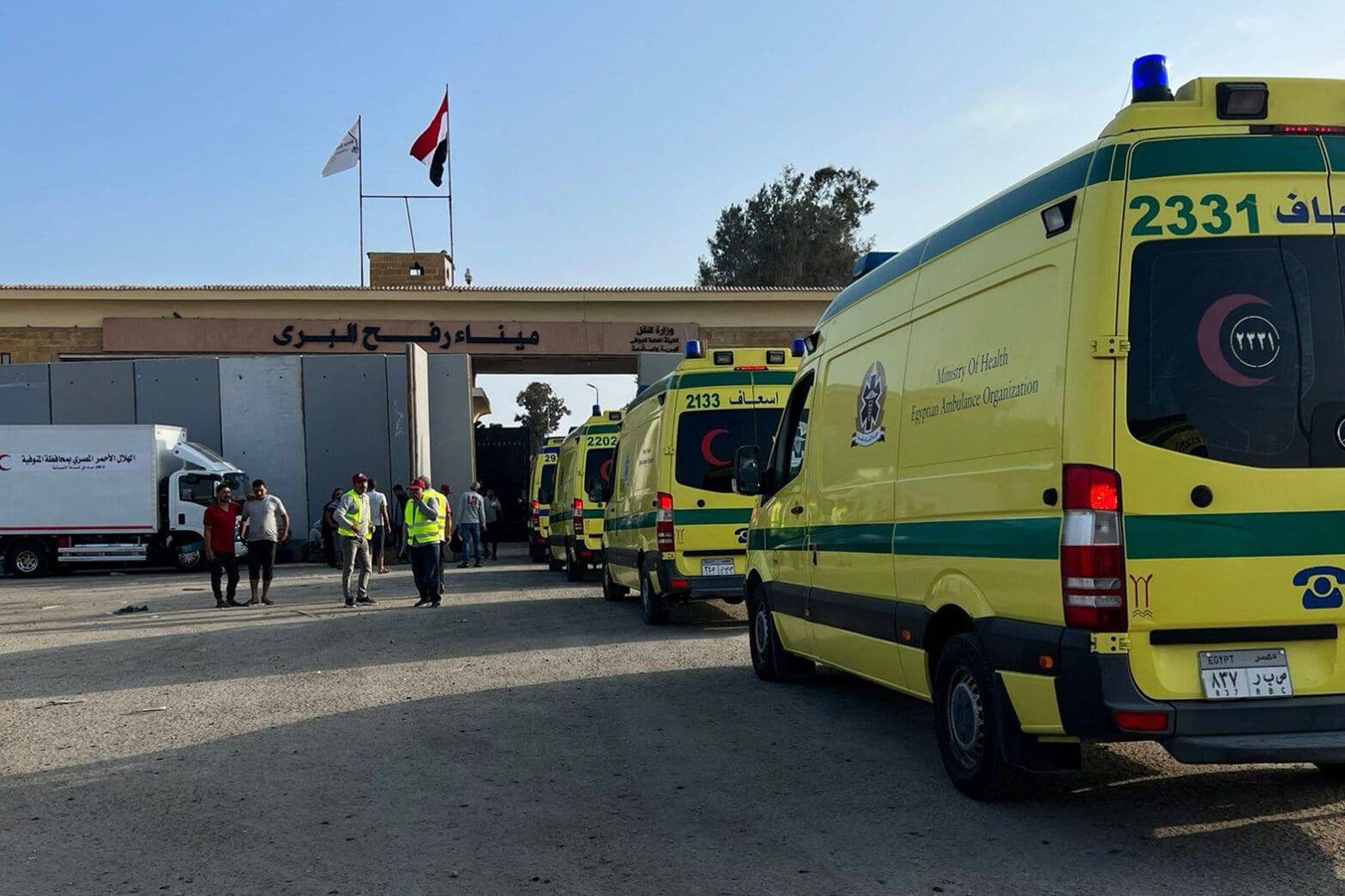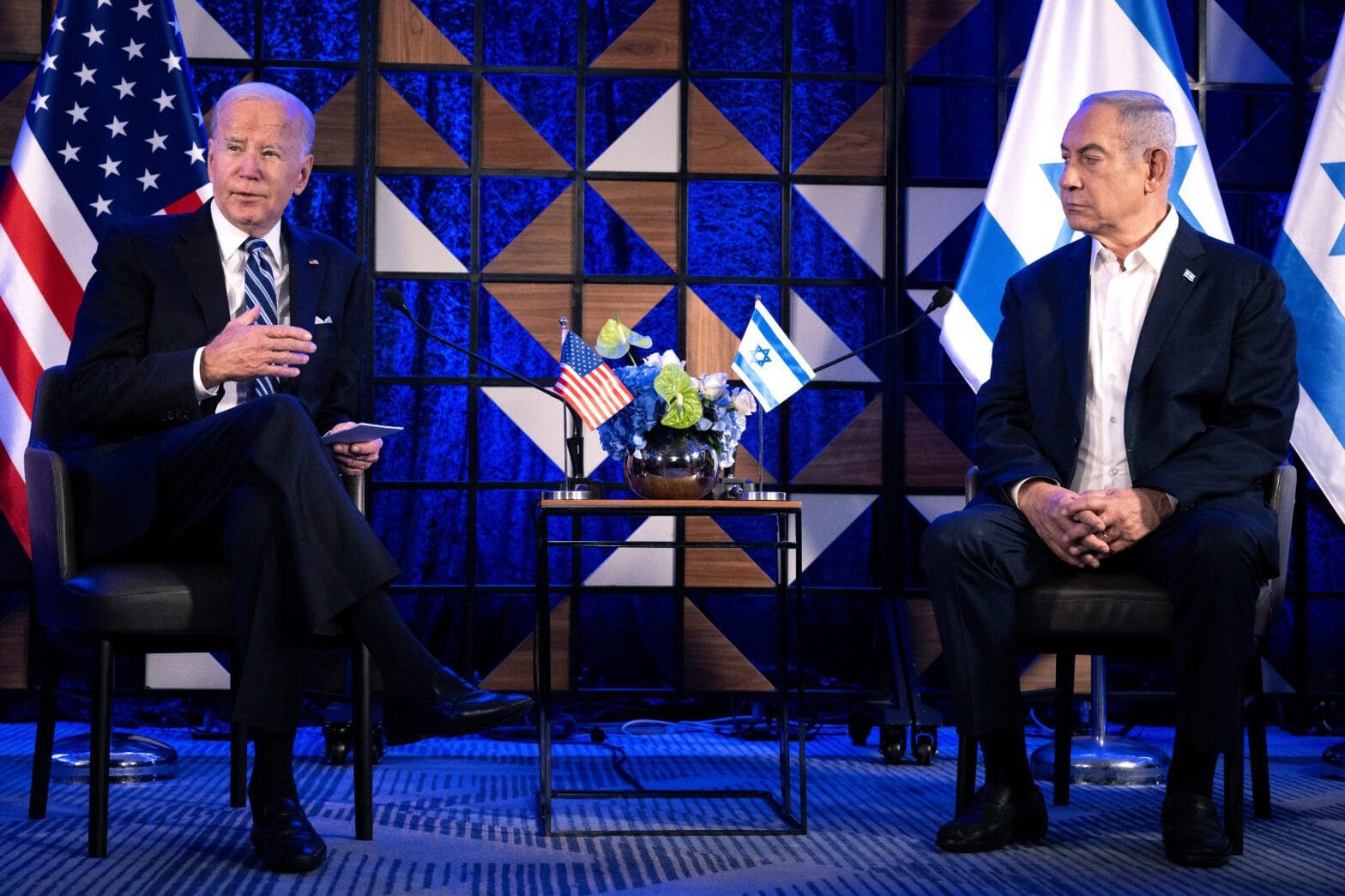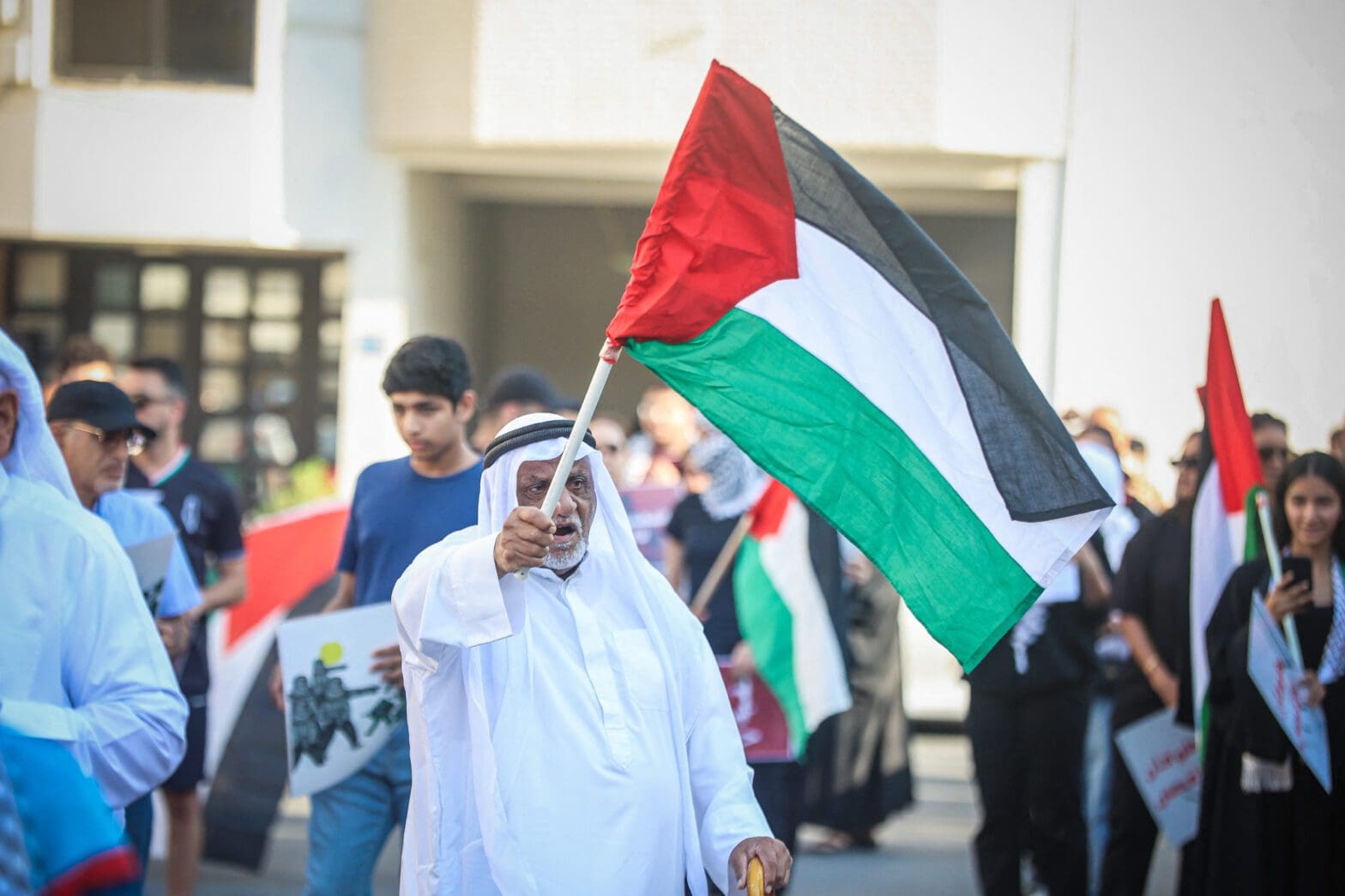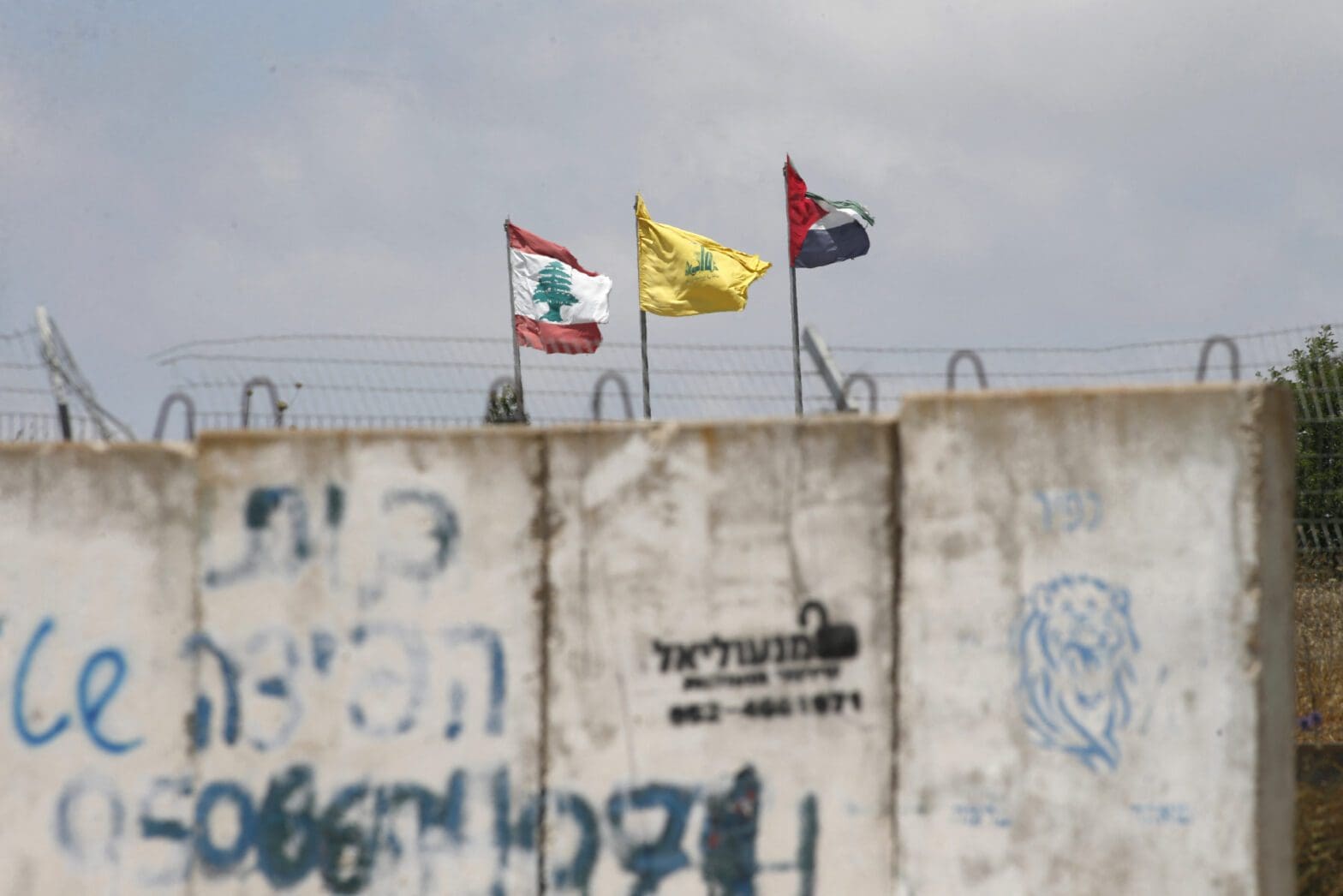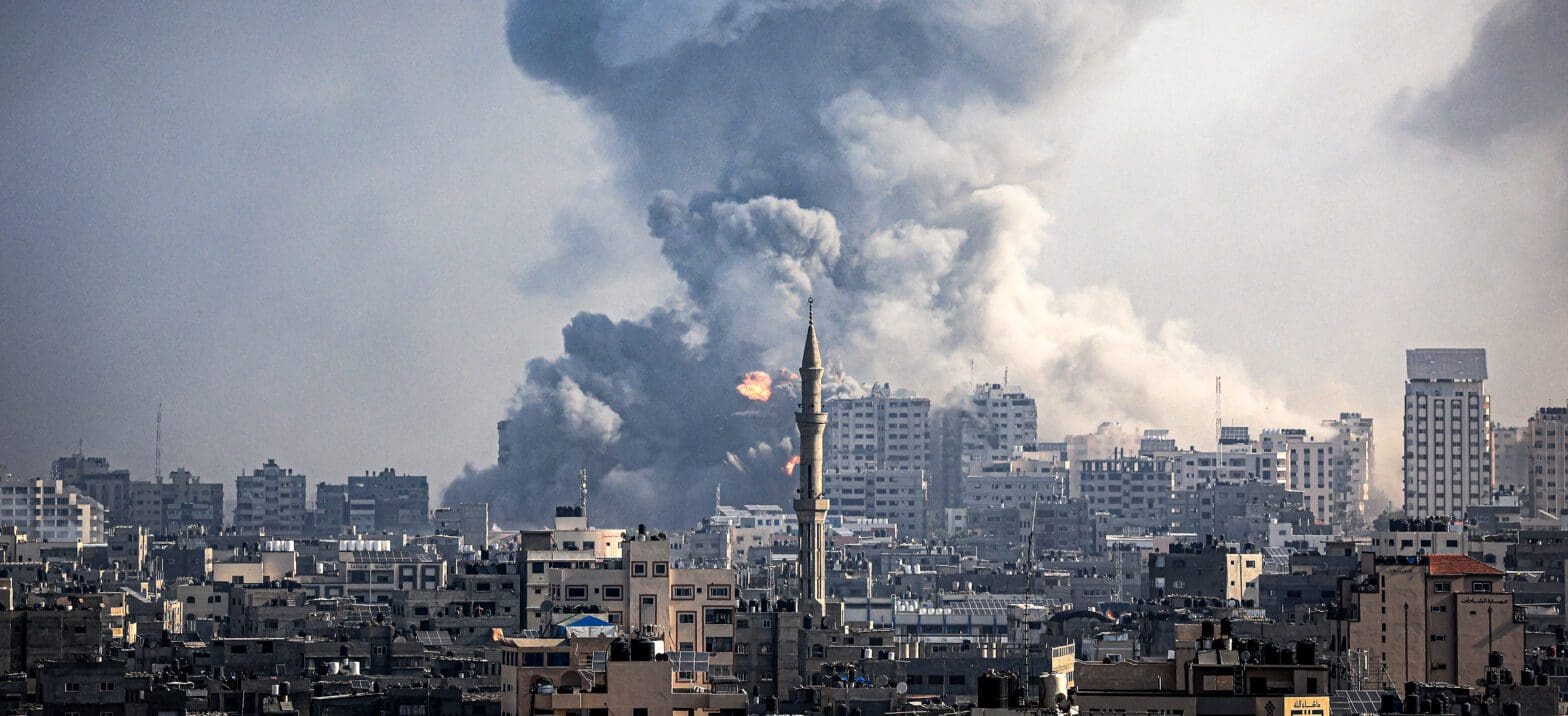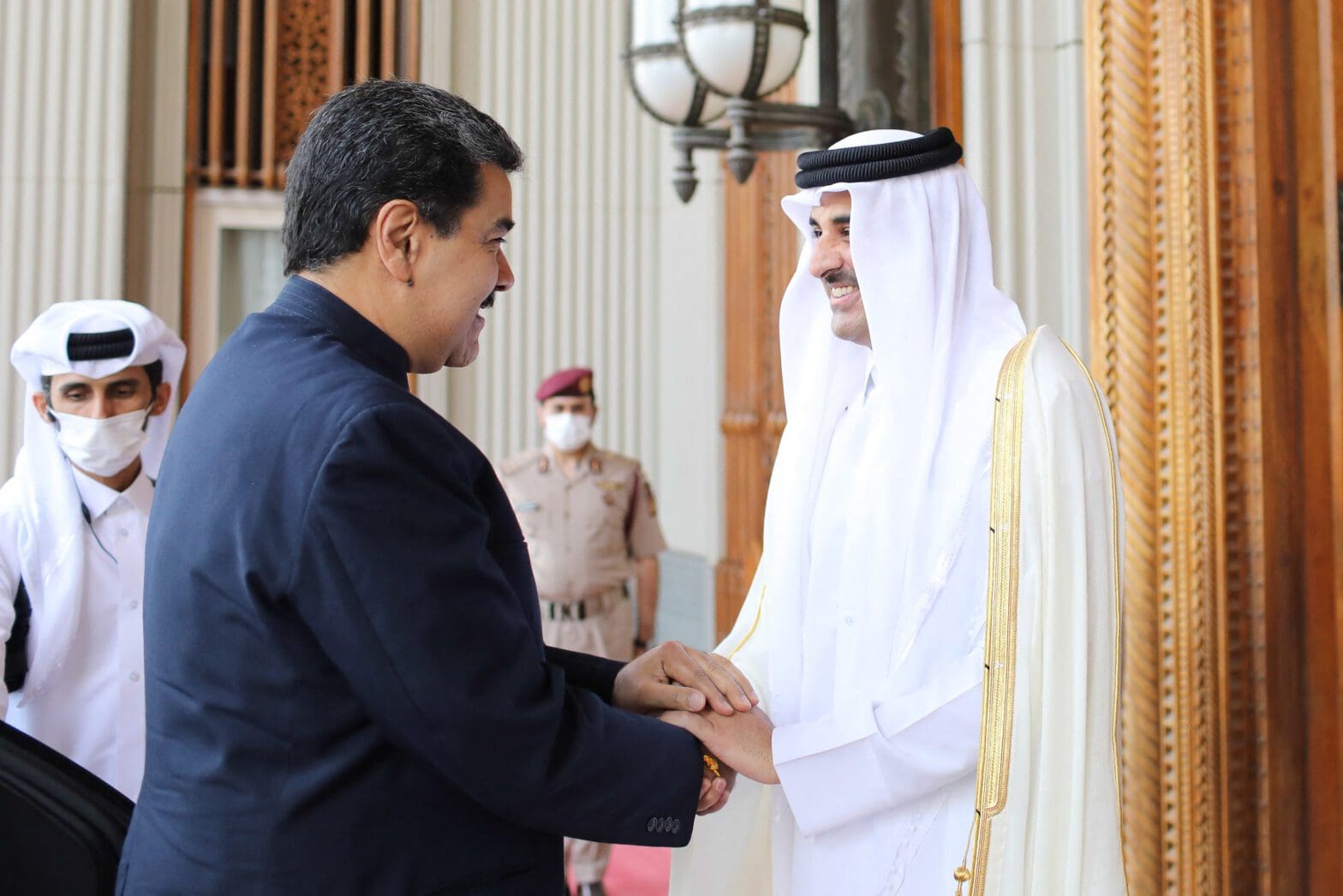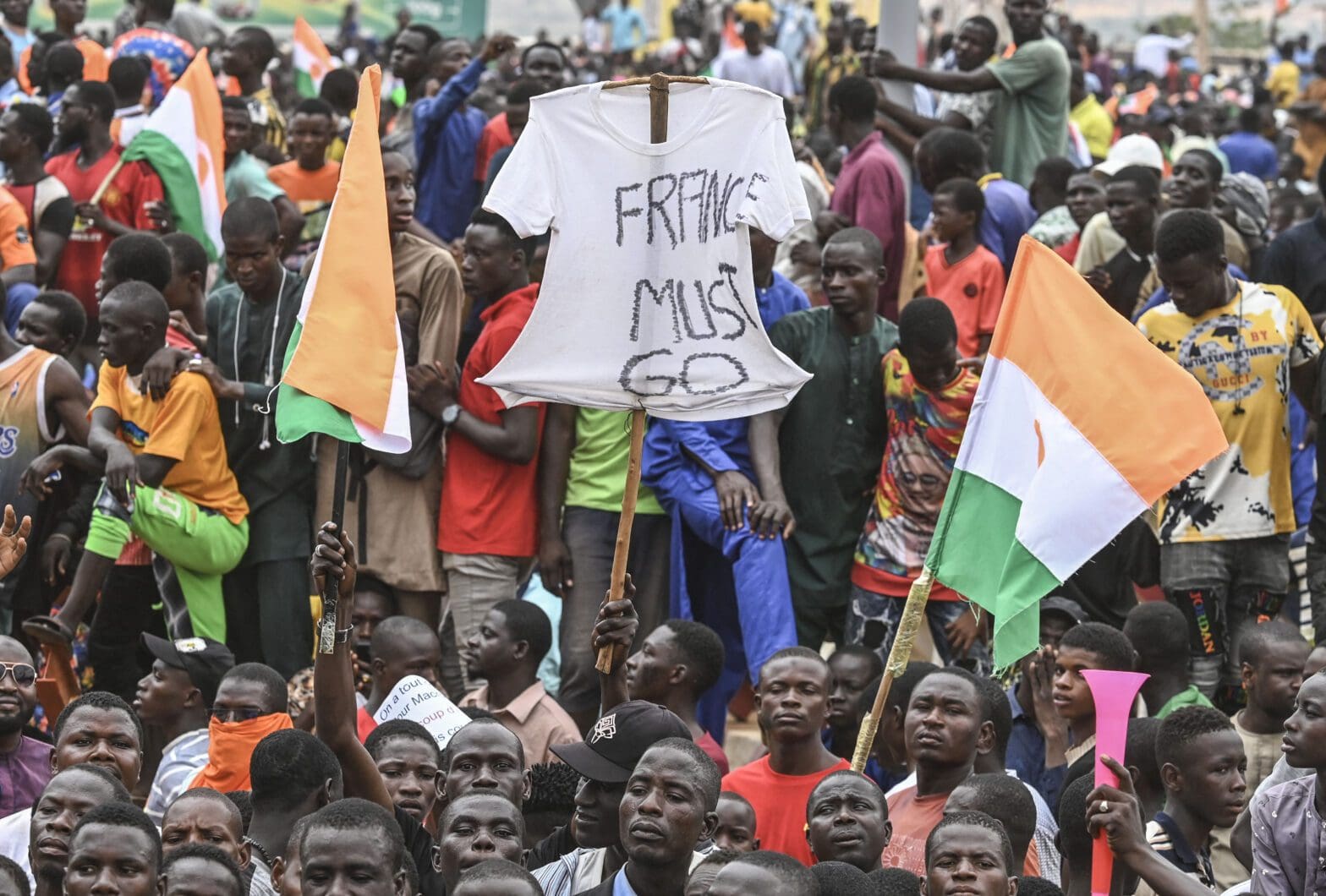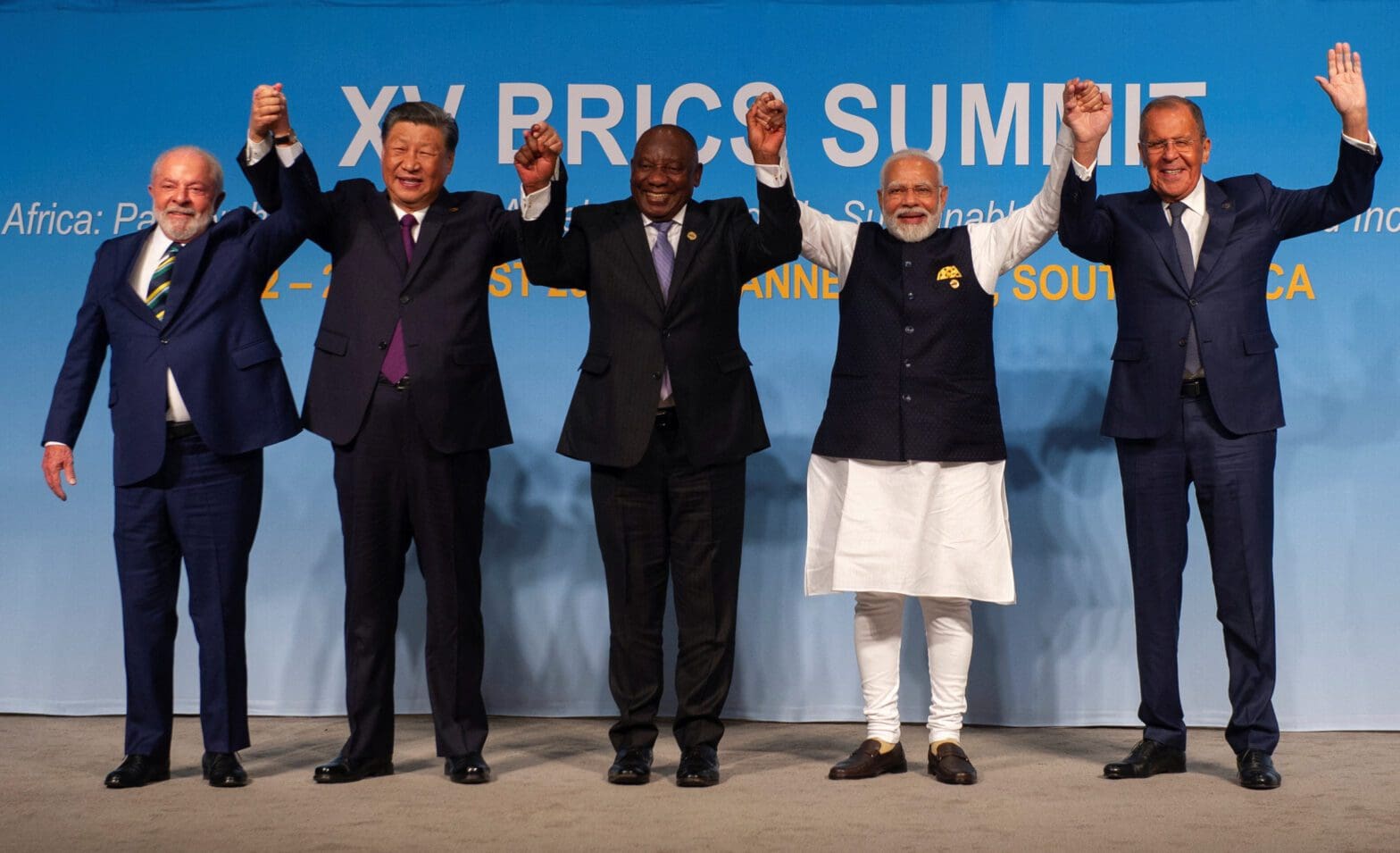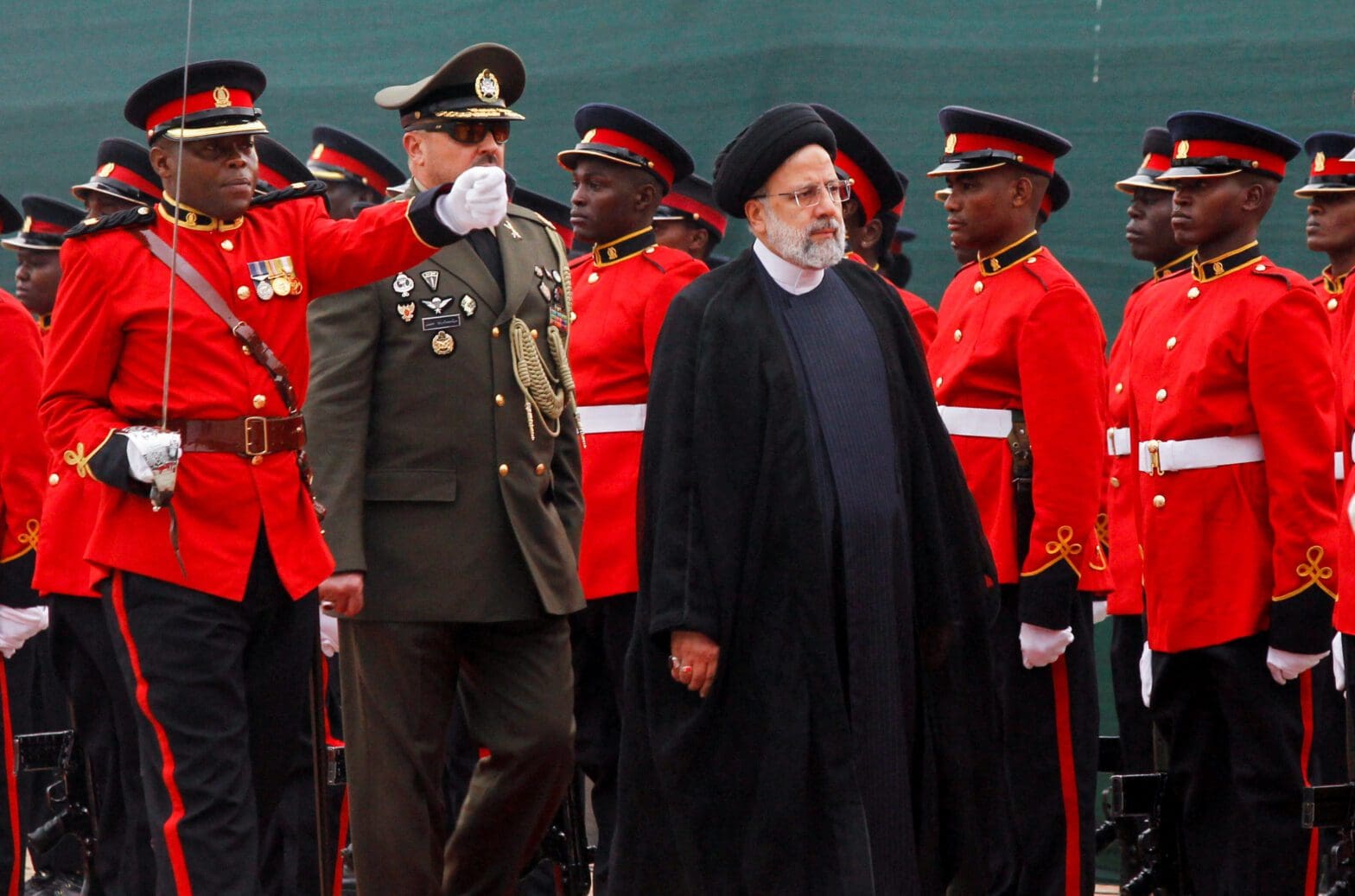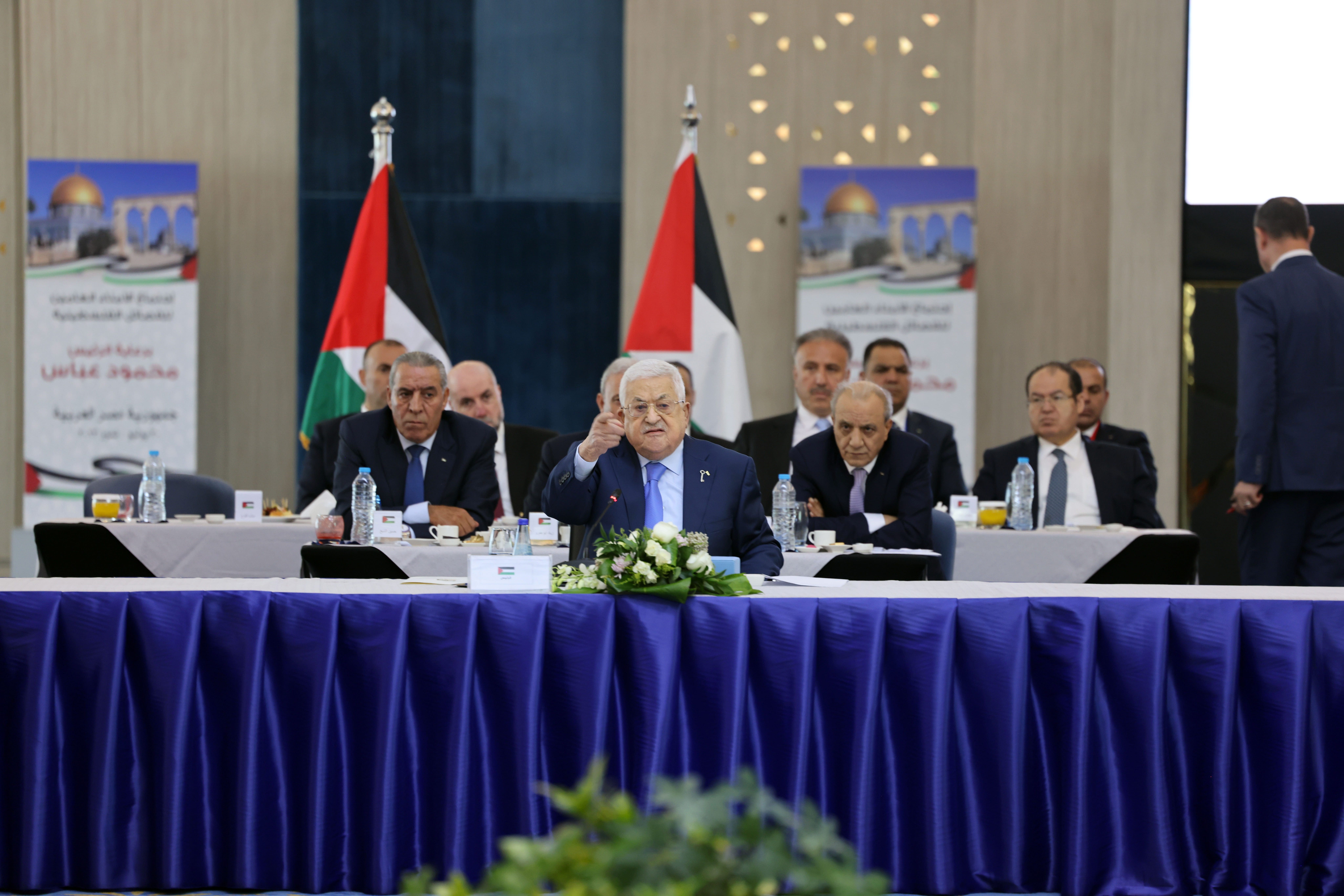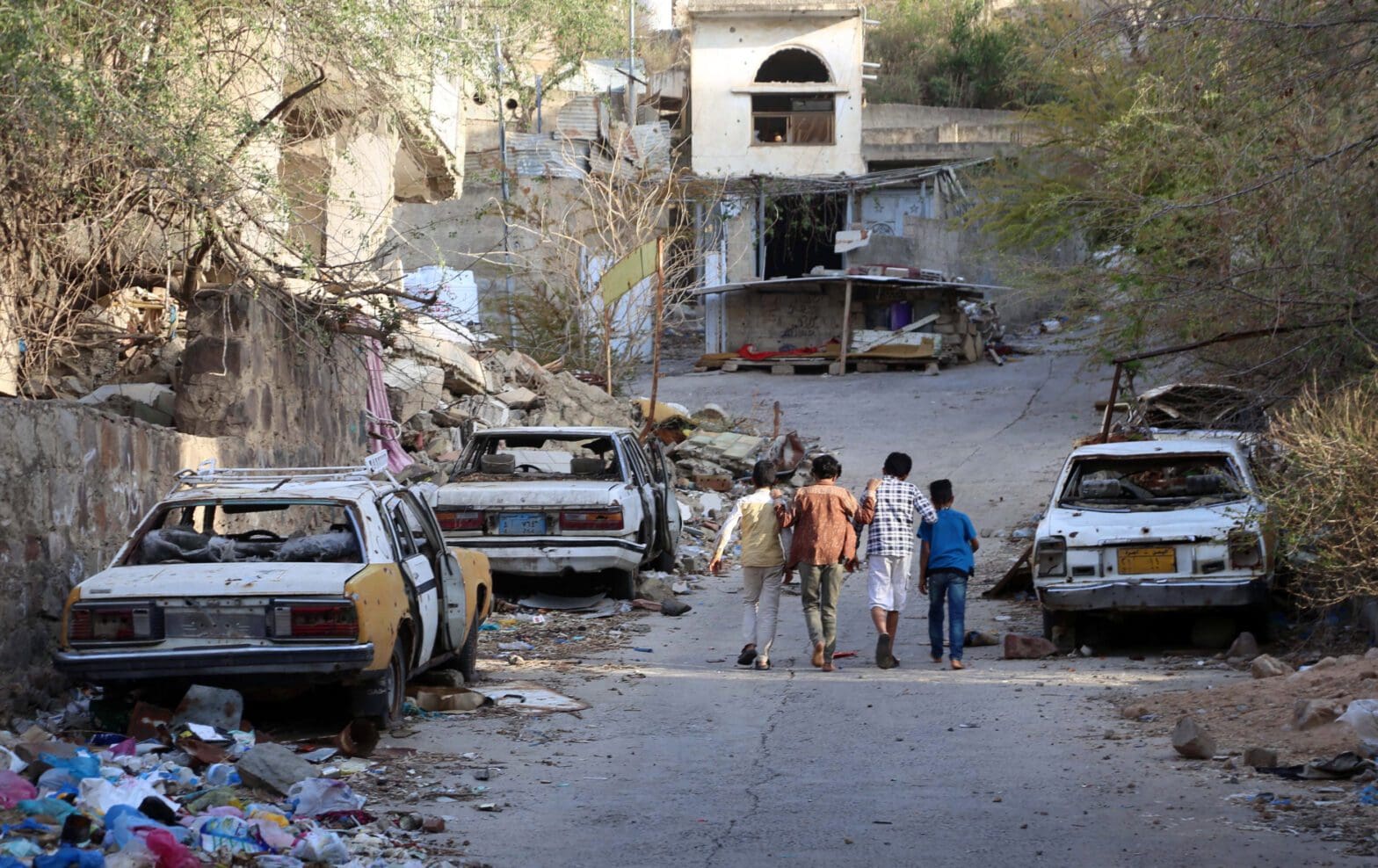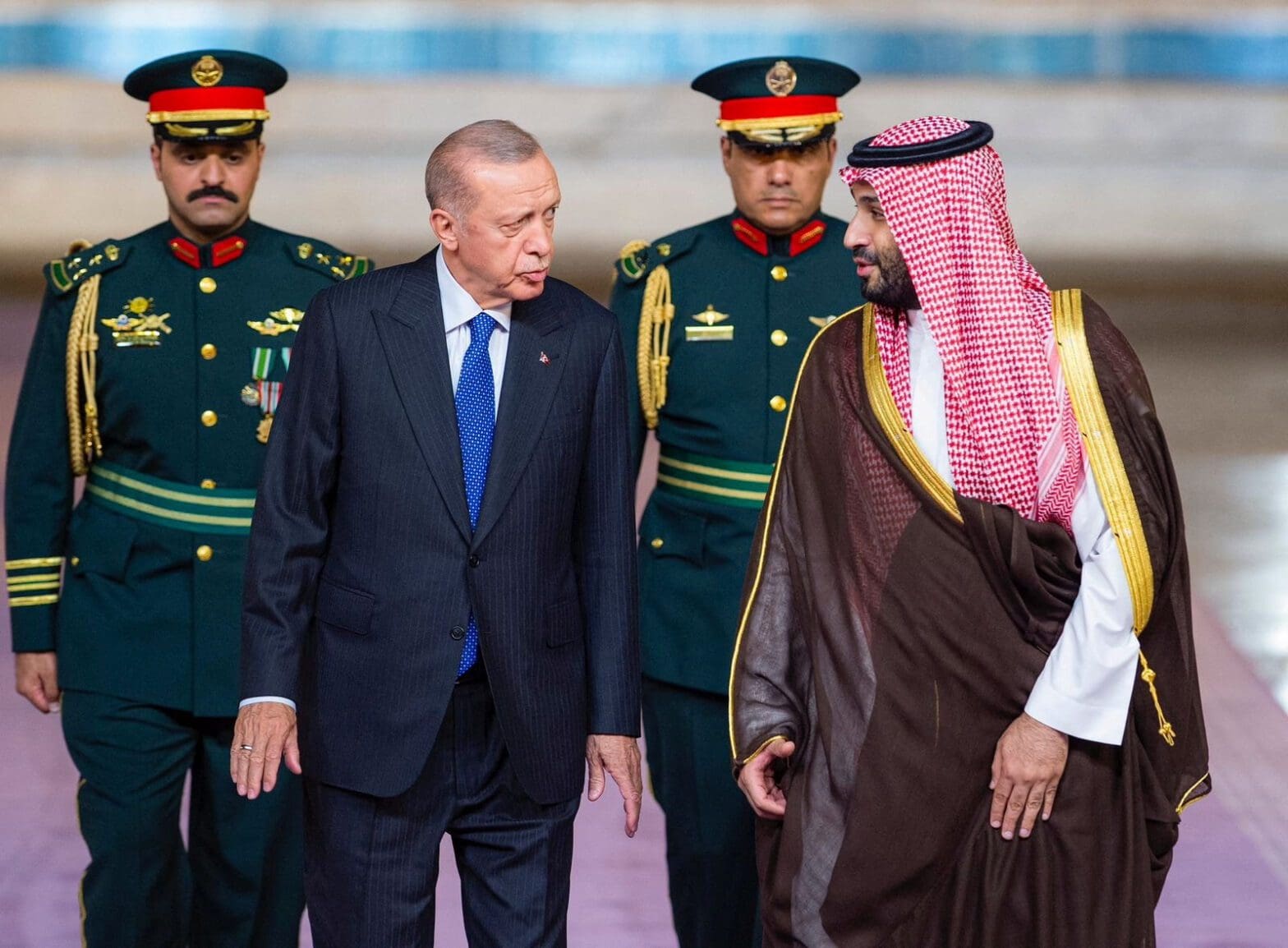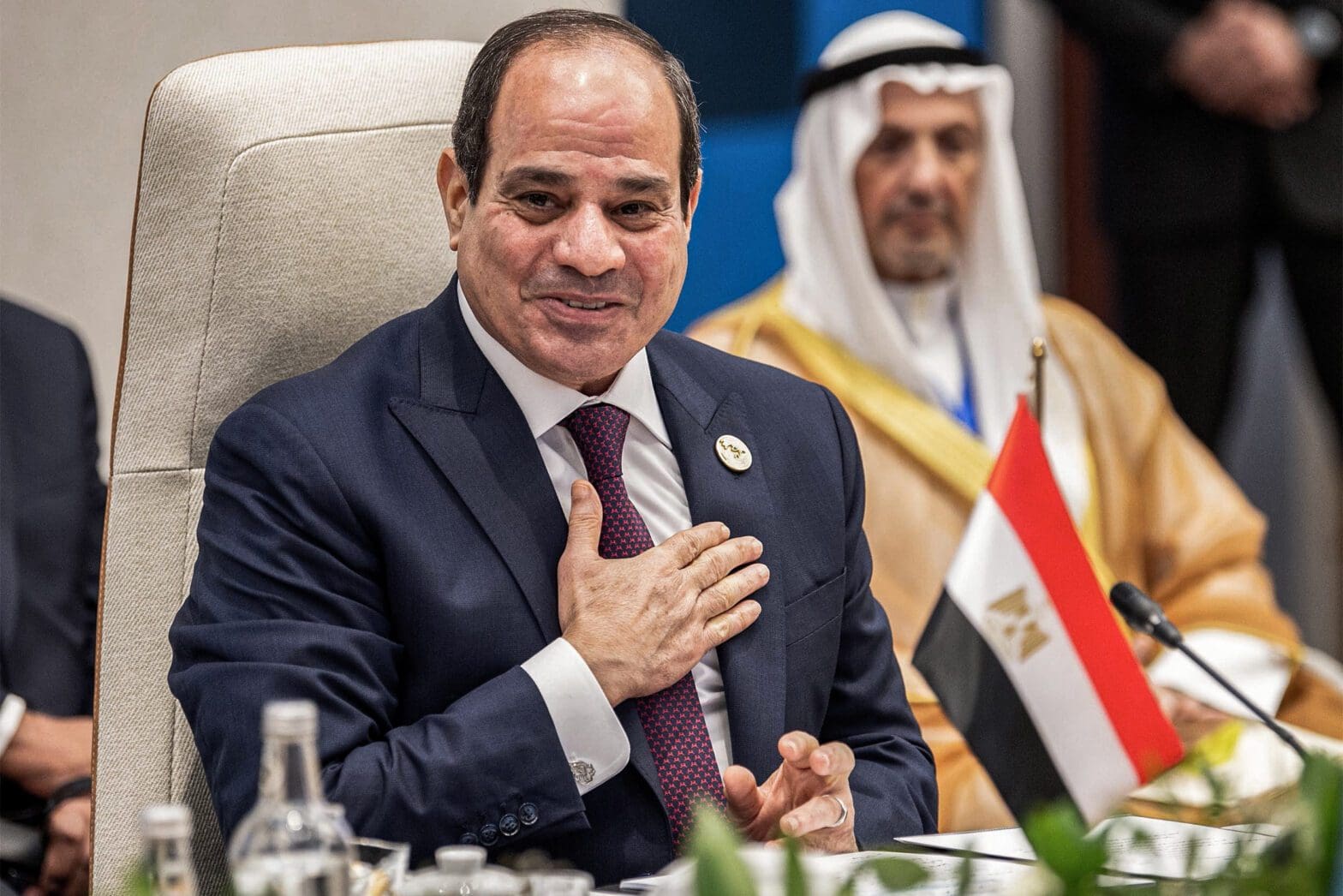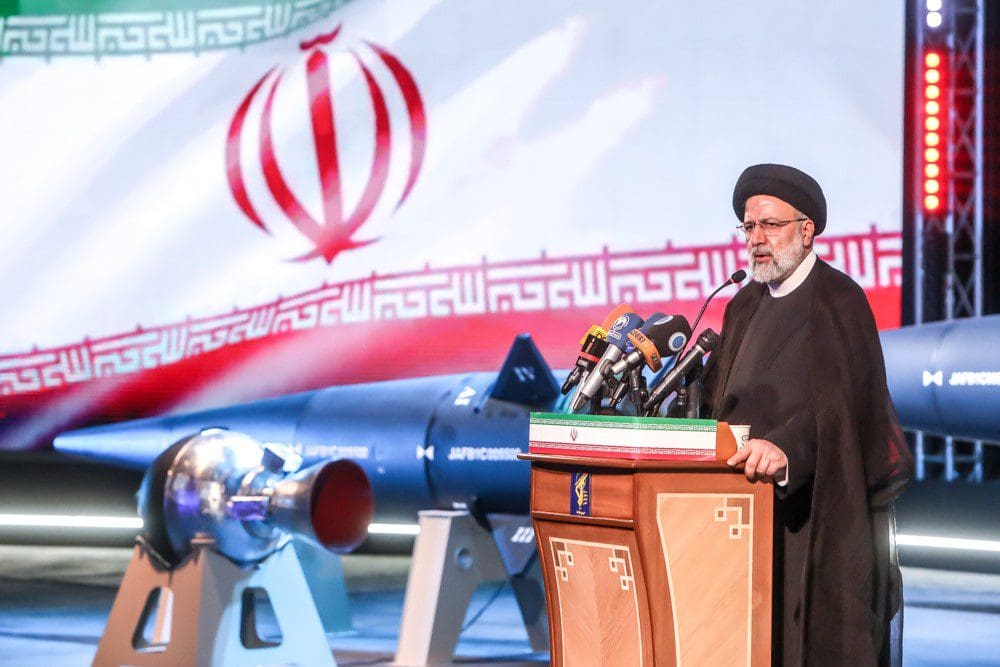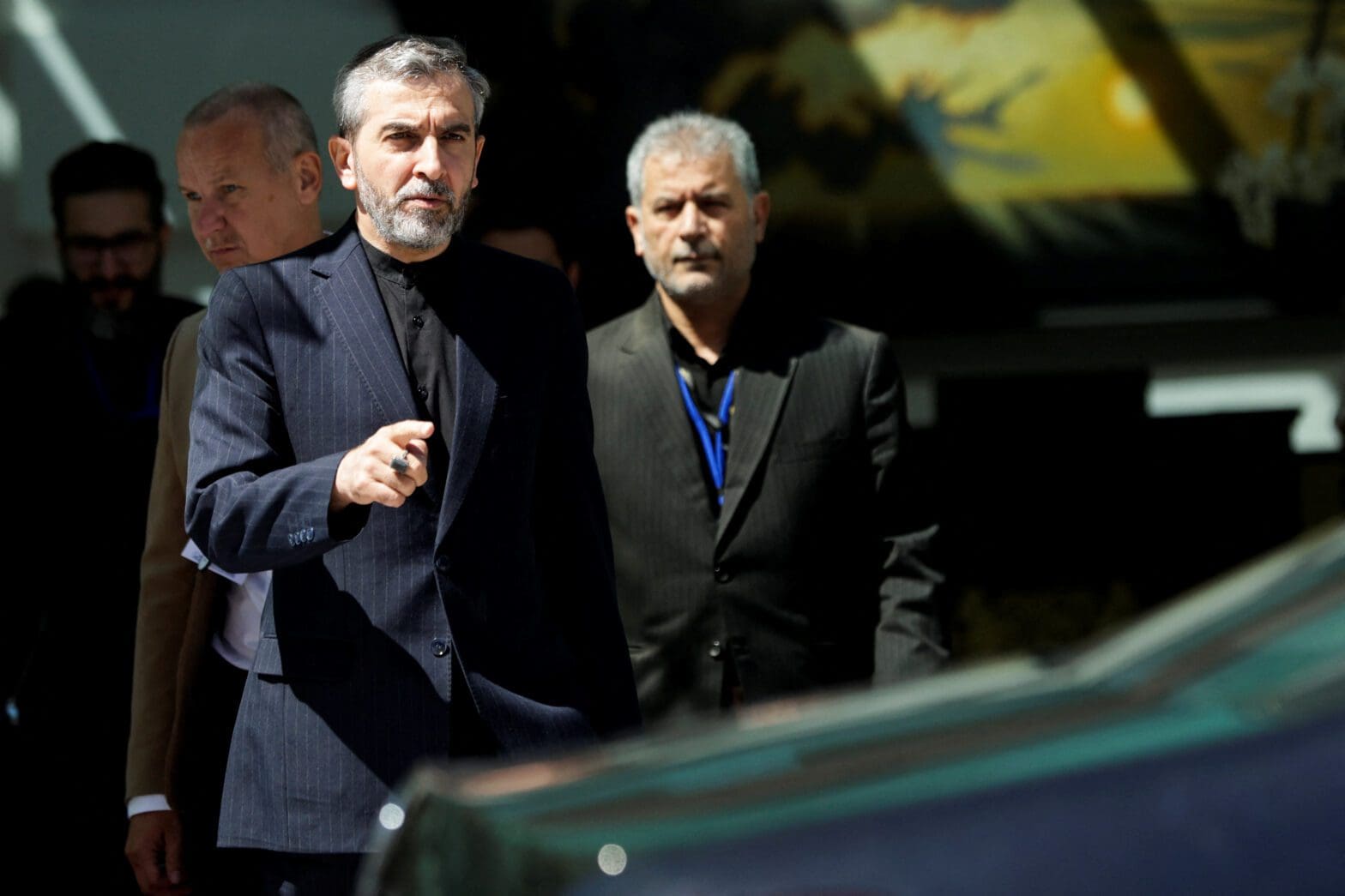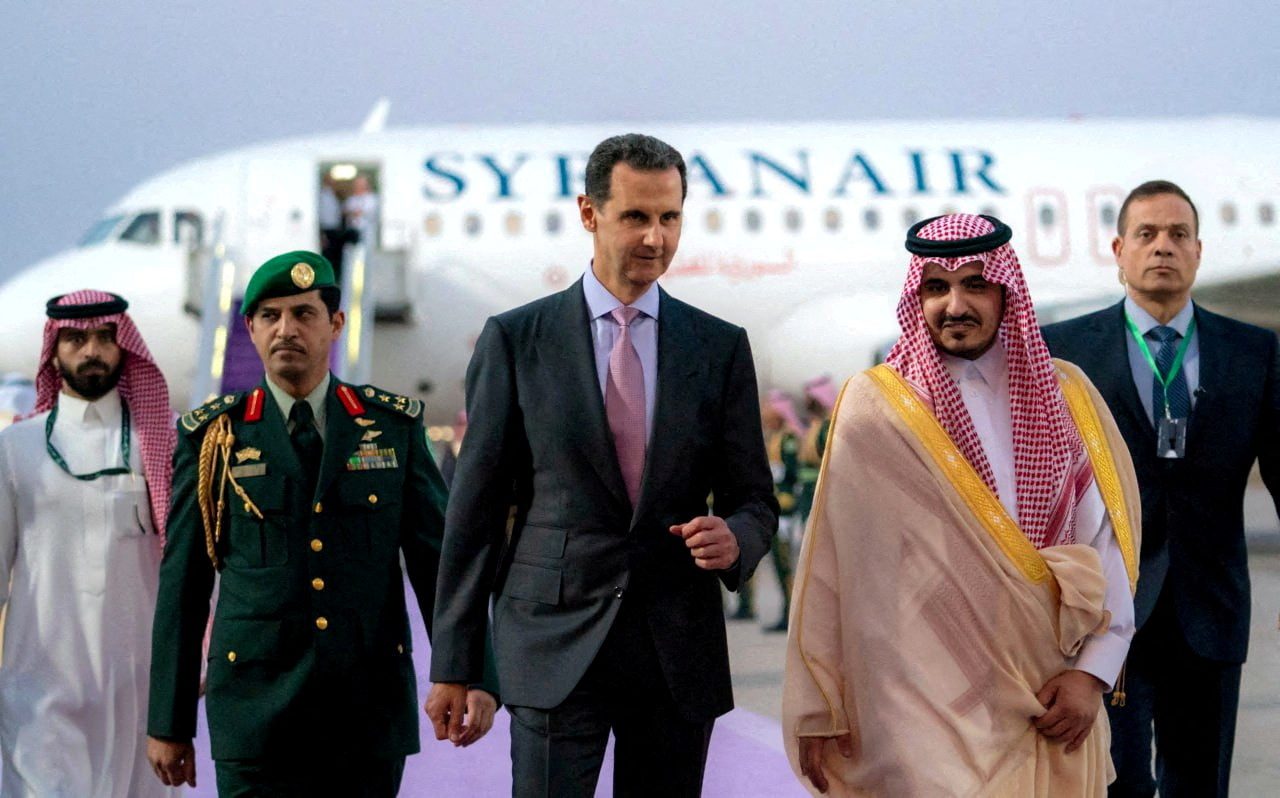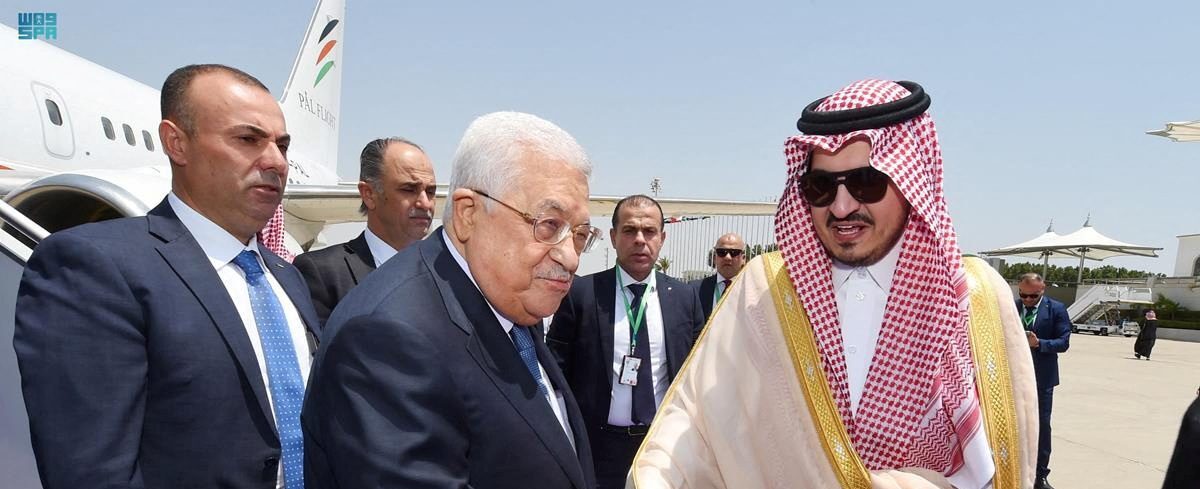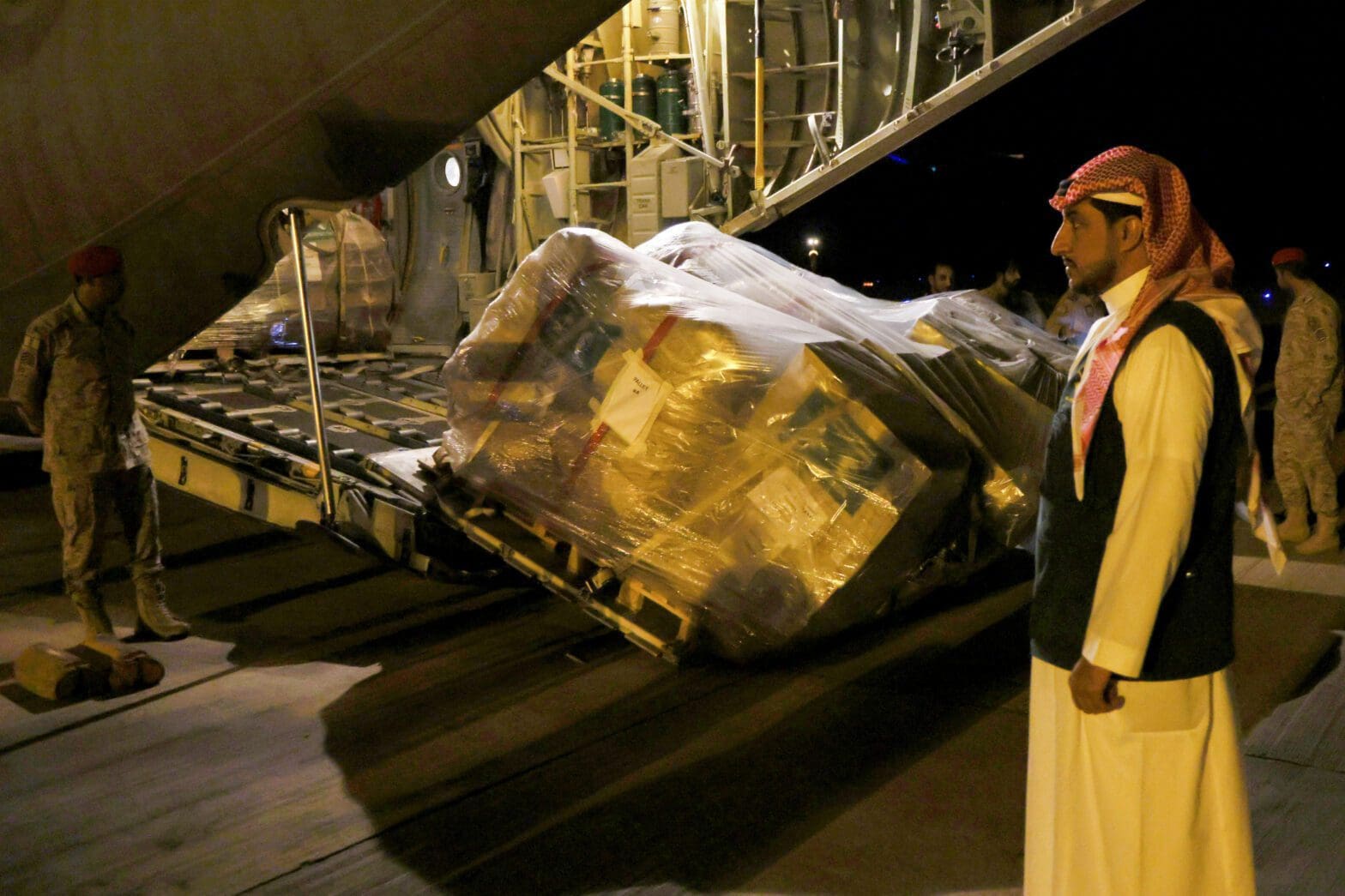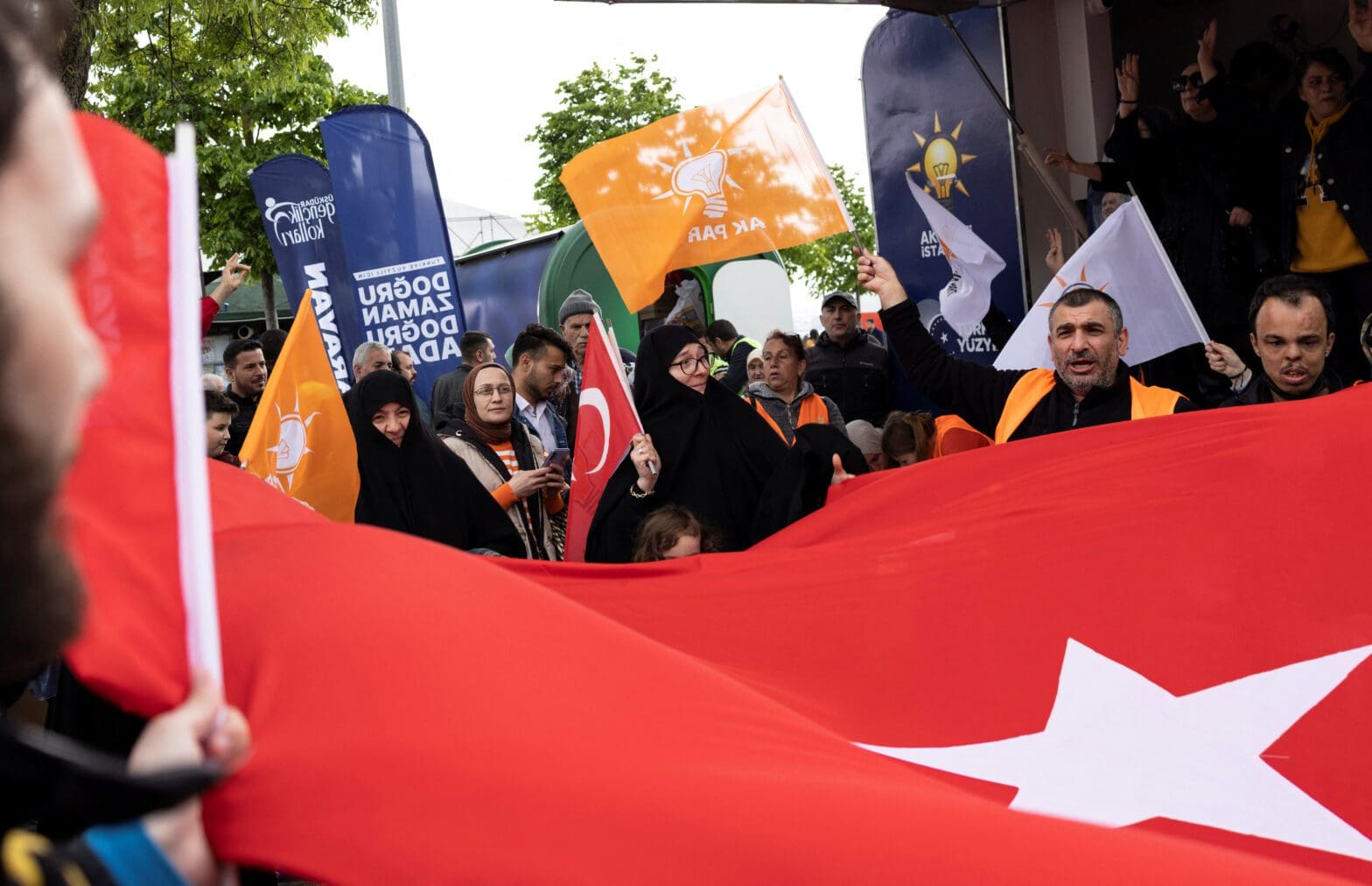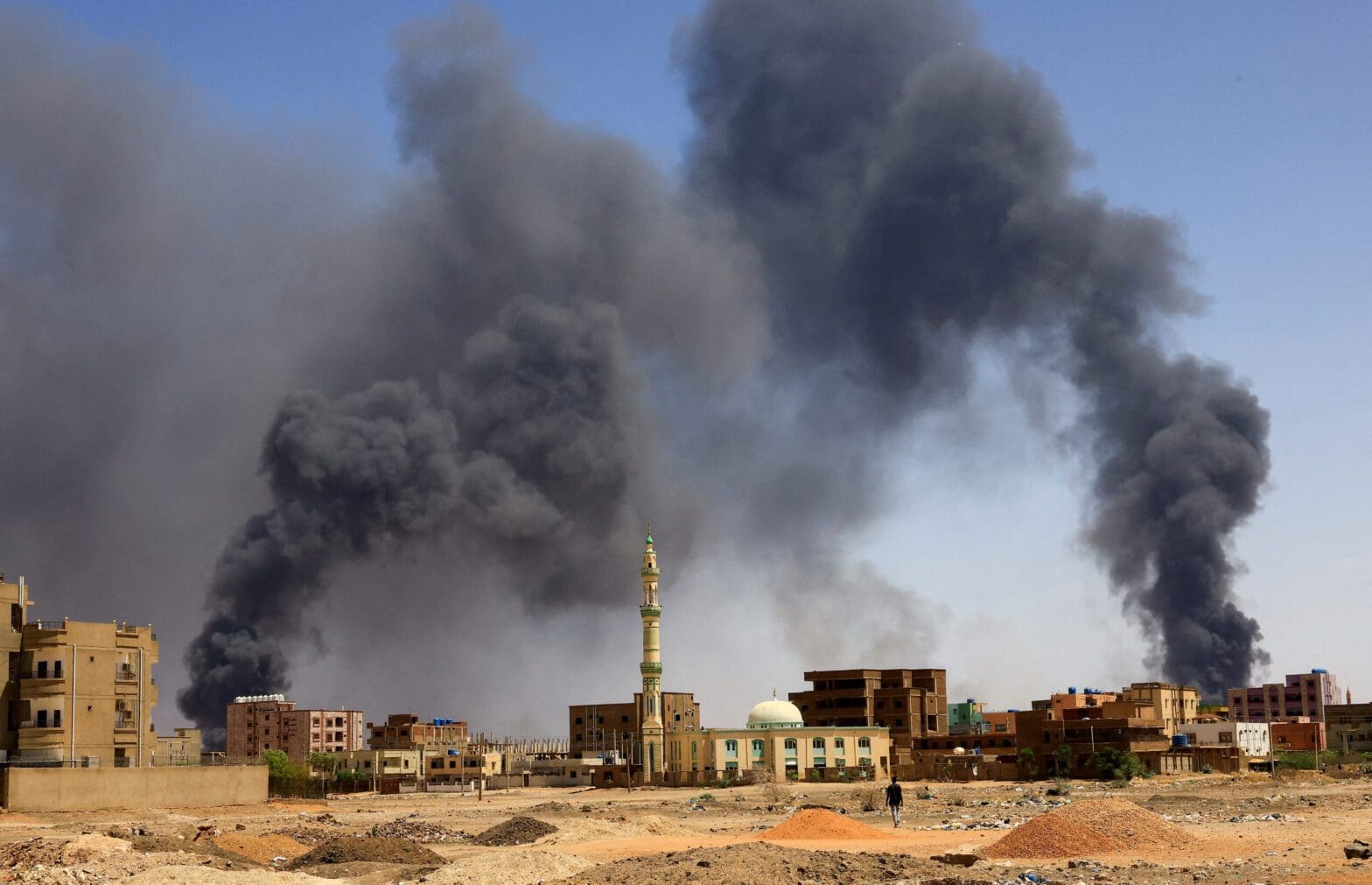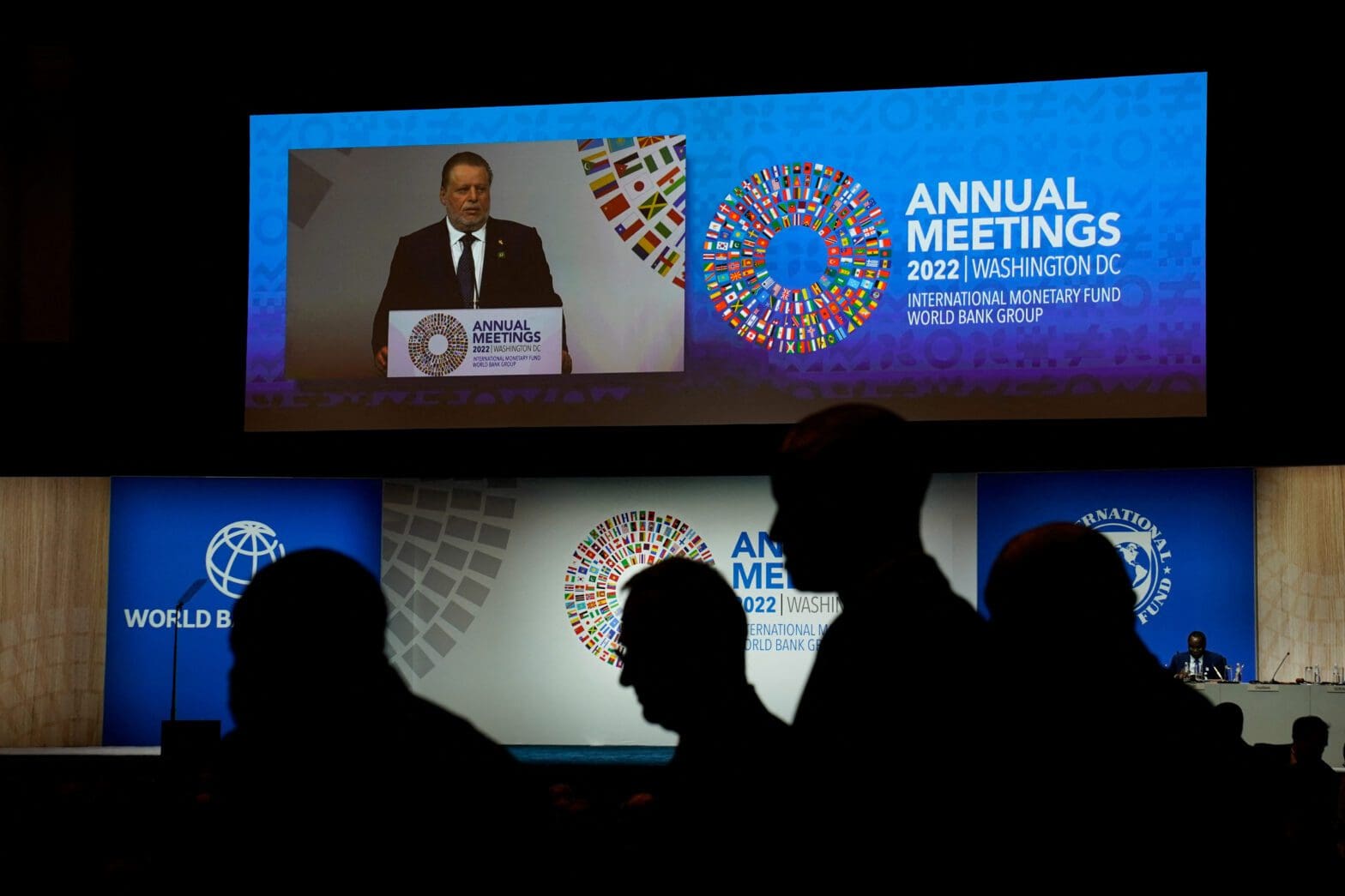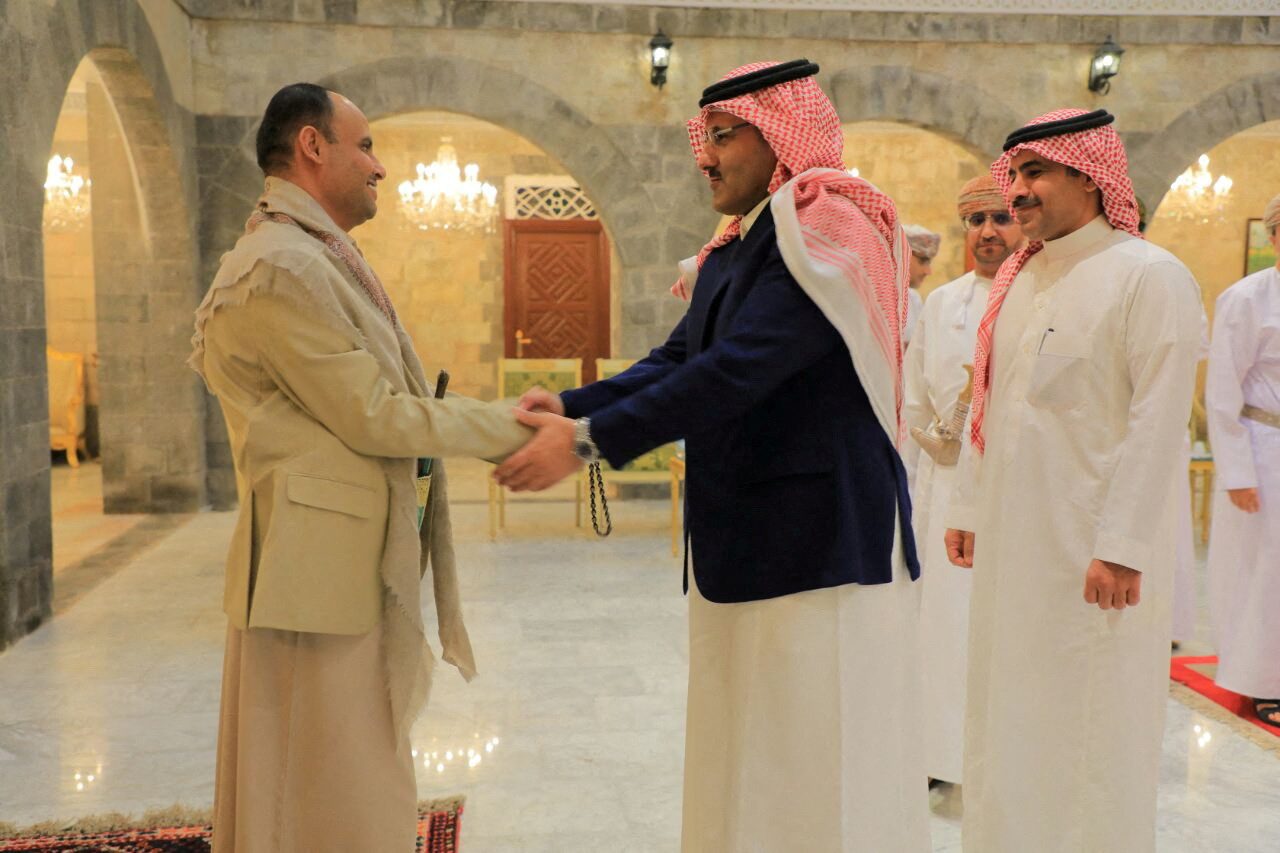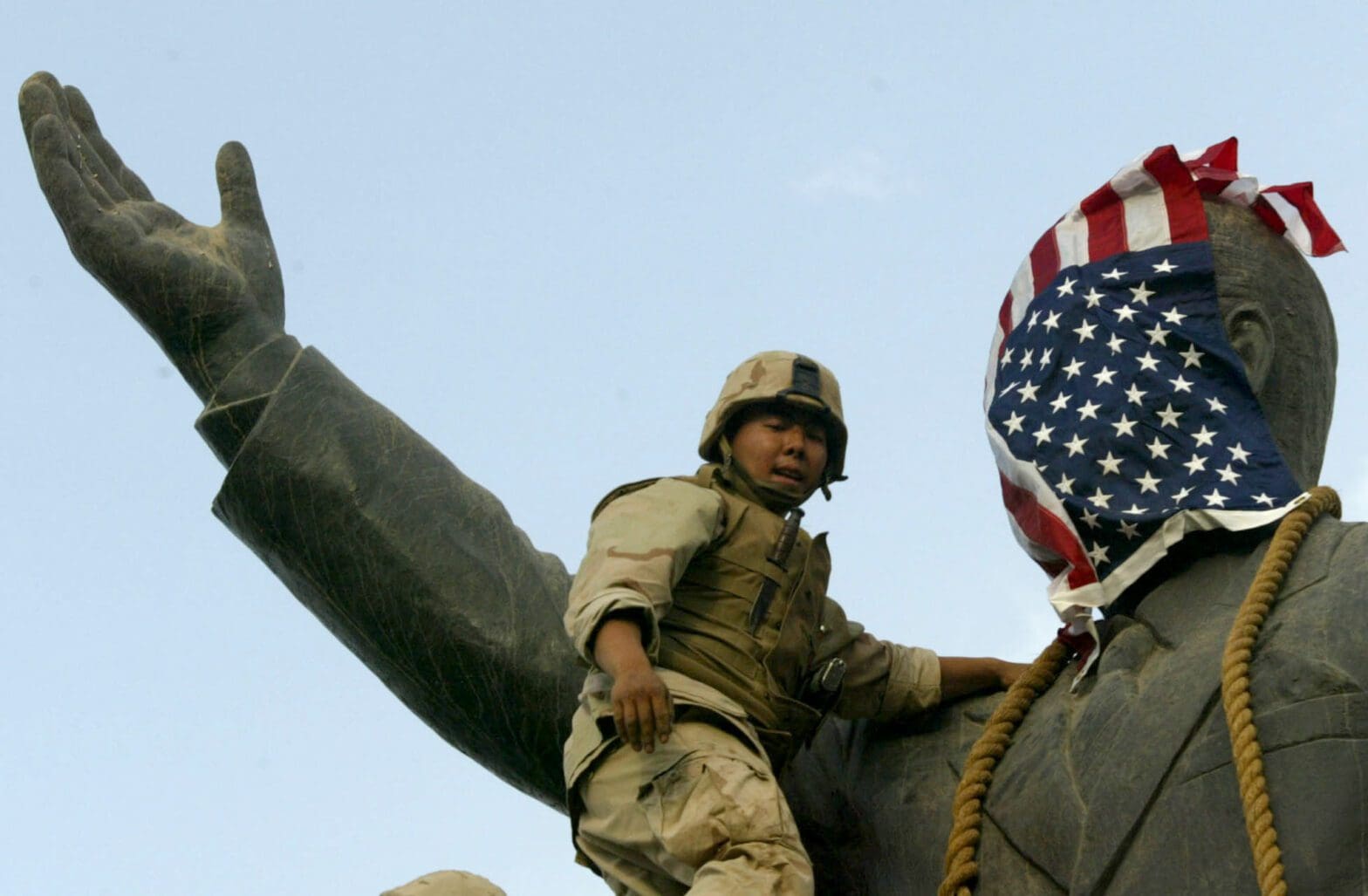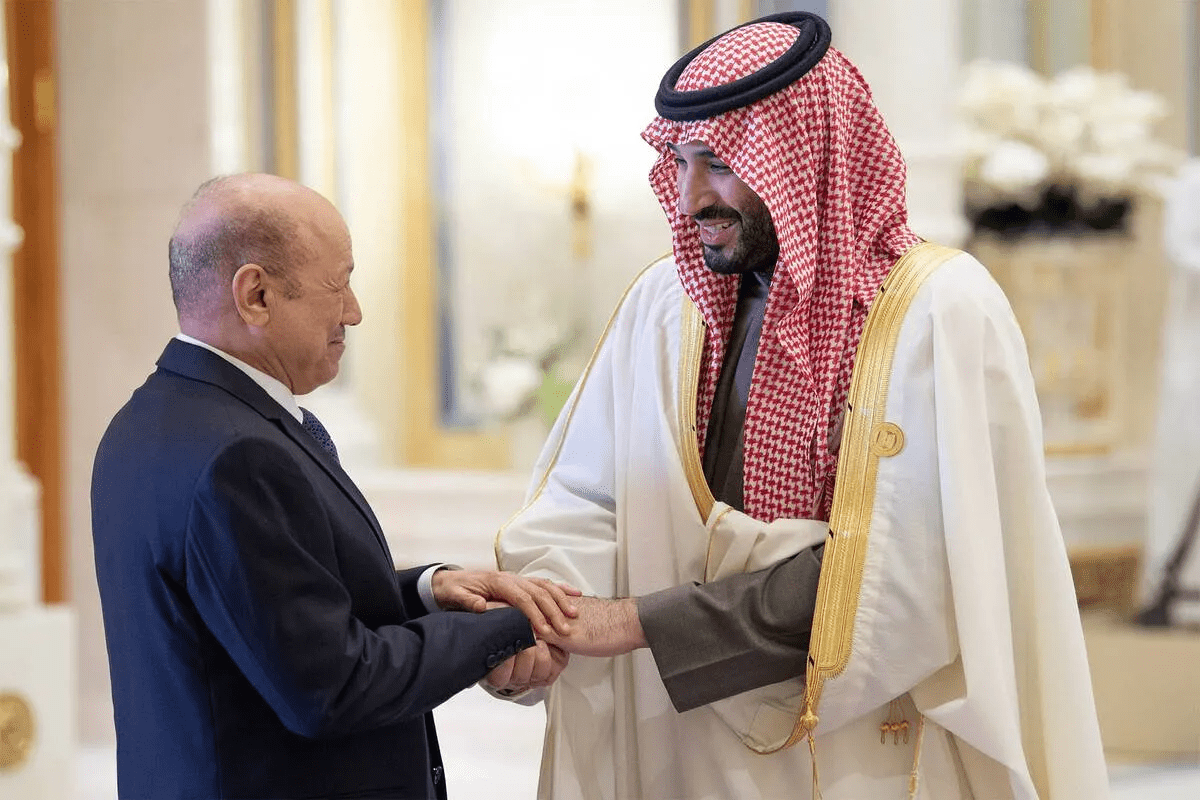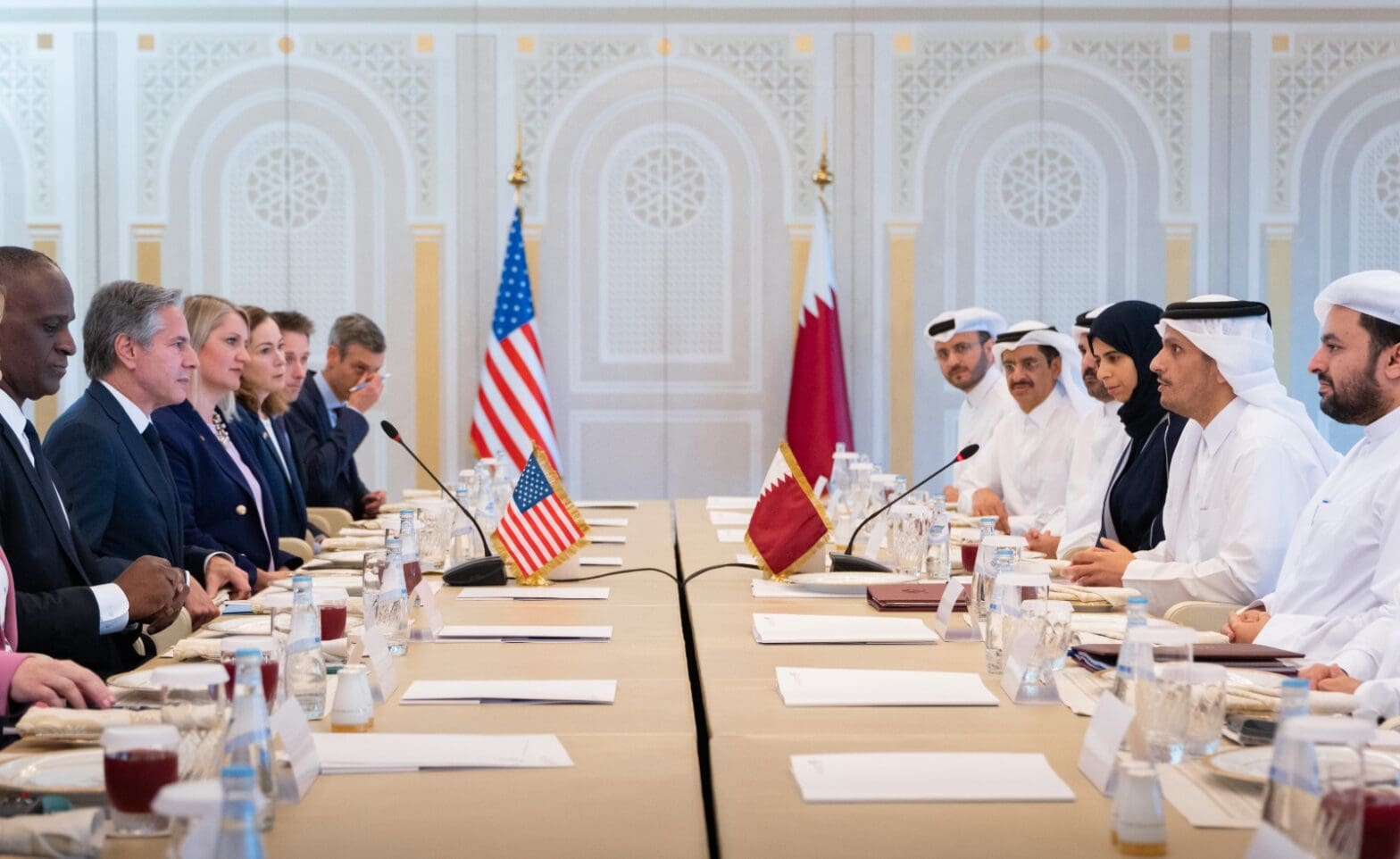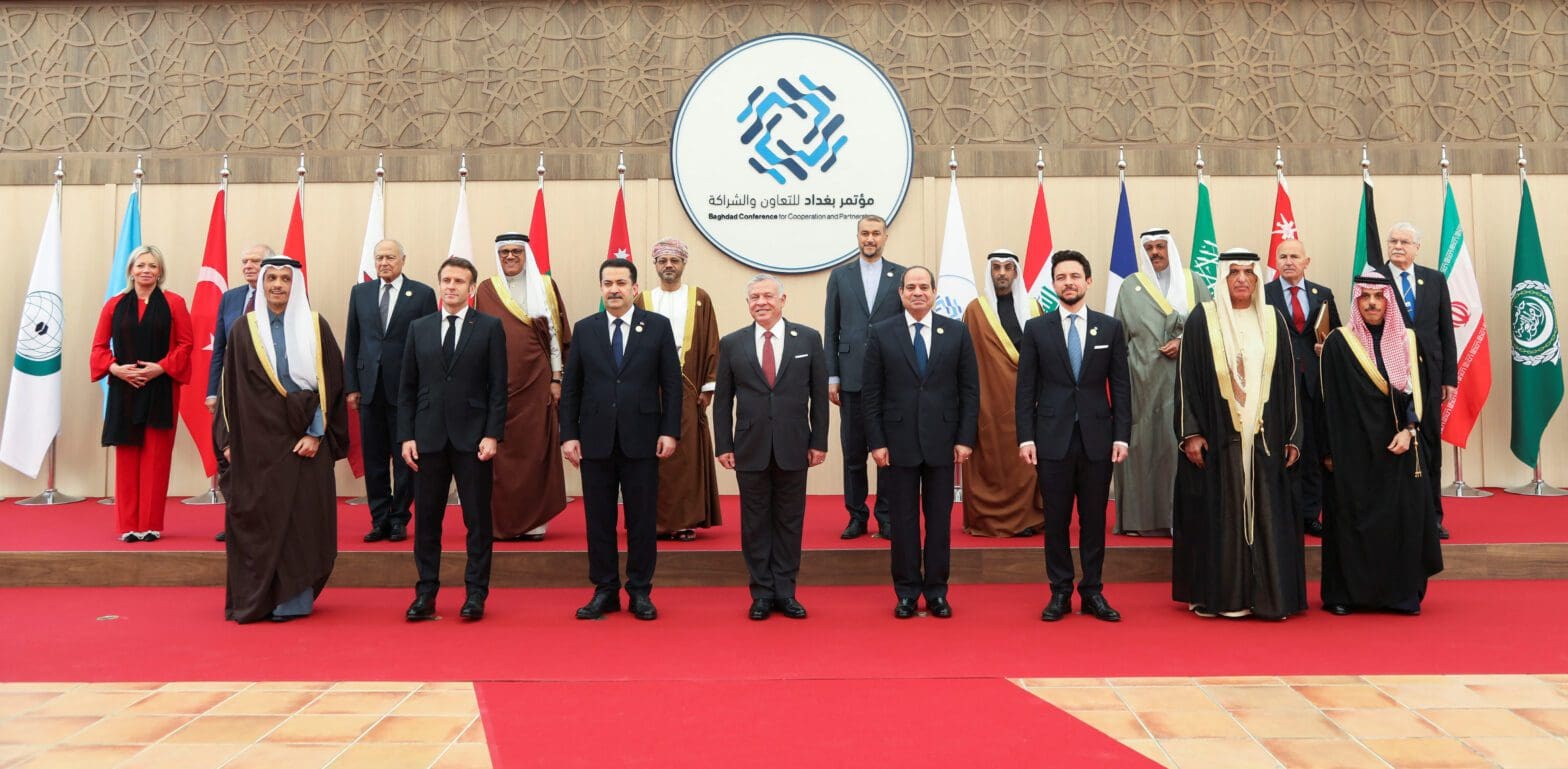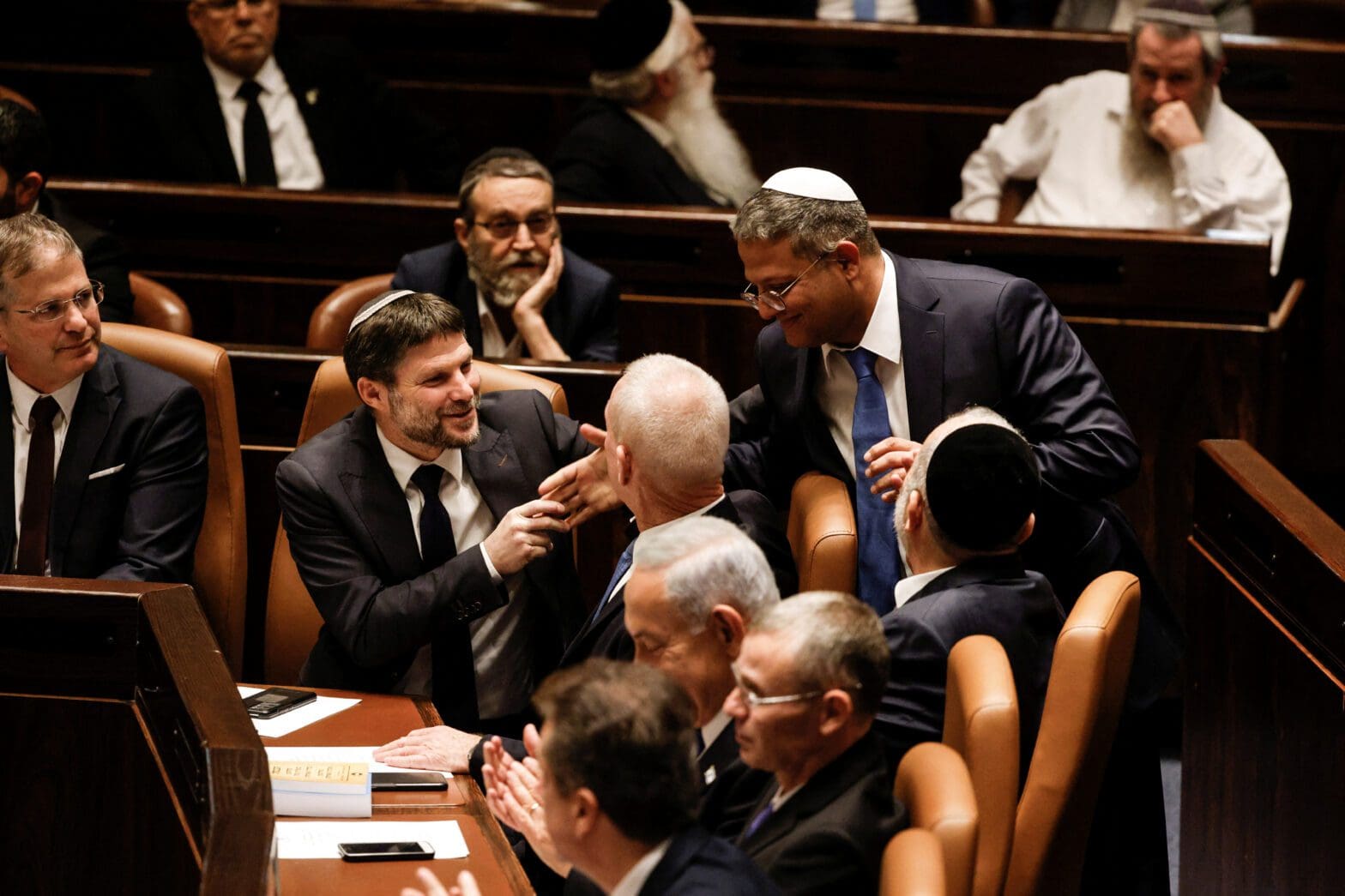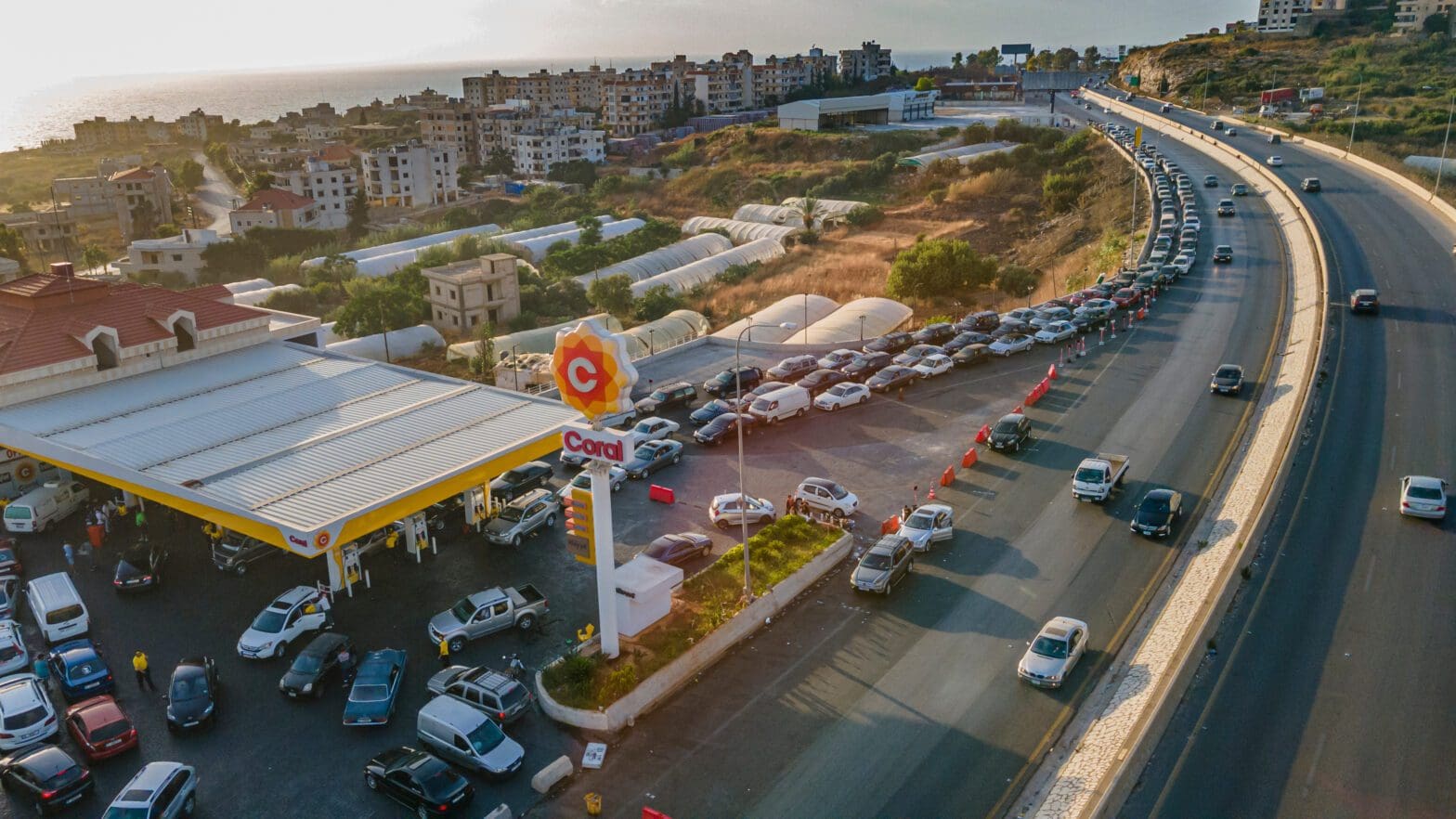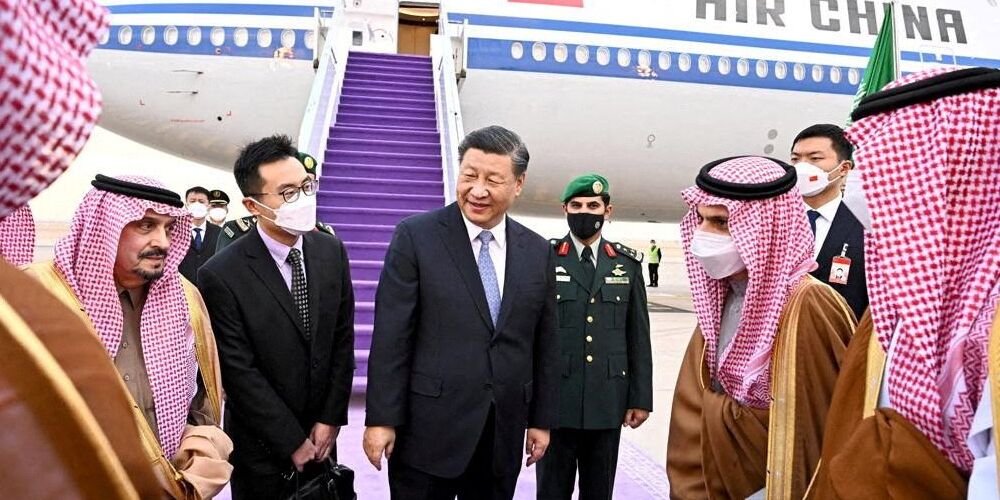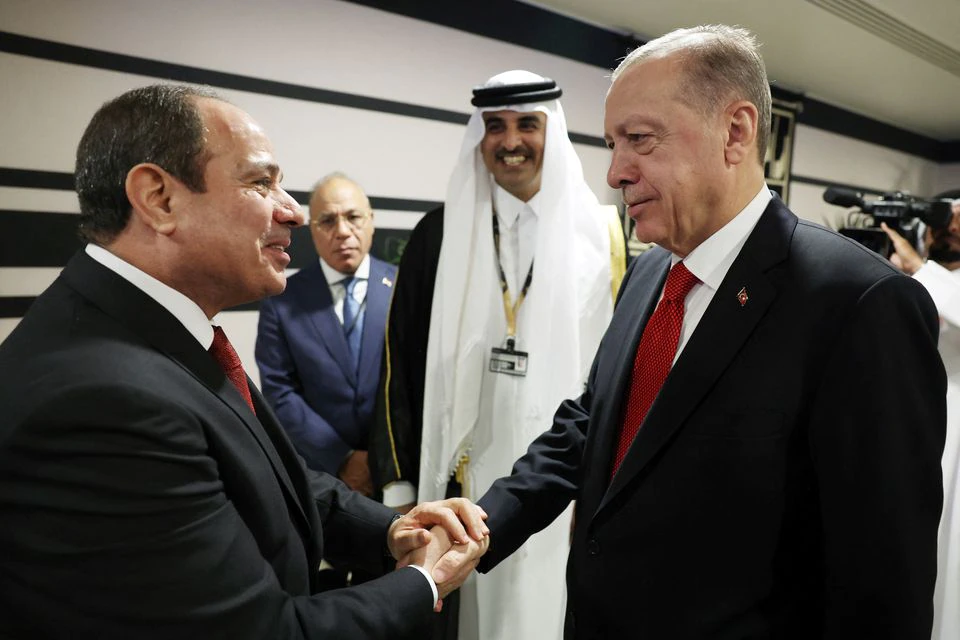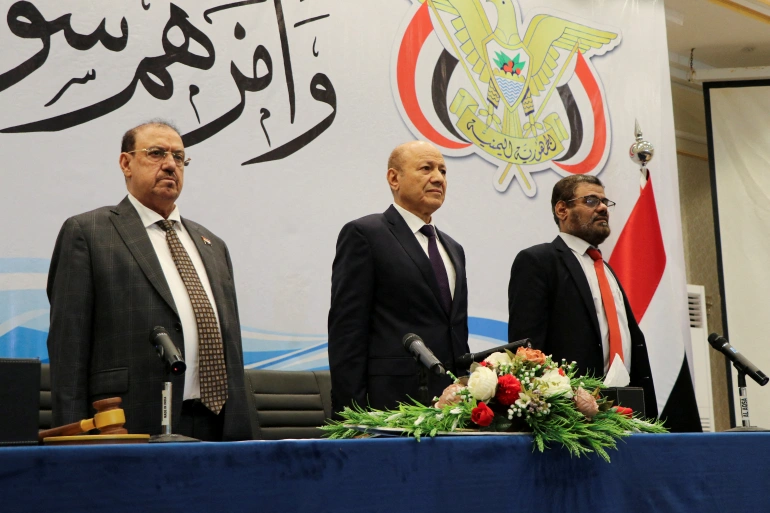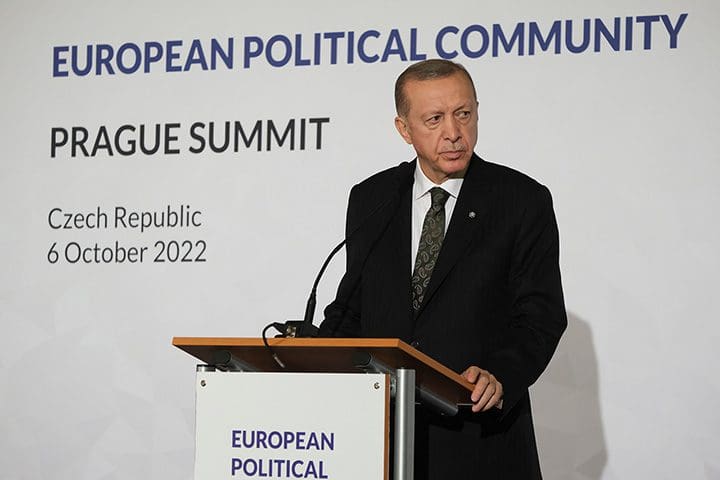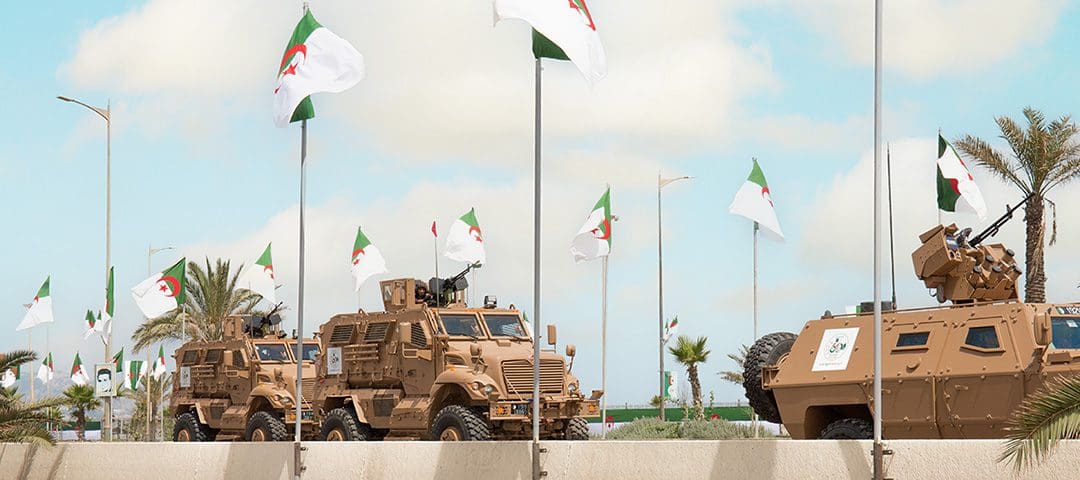As Israel steps up its brutal attack on the Gaza Strip with a ground invasion, a recently leaked concept paper from it’s Ministry of Intelligence adds to the mounting evidence that its ultimate goal is the forcible and permanent displacement of the besieged Gazans into neighboring Egypt’s Sinai Peninsula. In what effectively amounts to a… Continue reading Egypt and the Fear of a “Second Nakba”
Afkar Issue: Regional Relations
Gaza Crisis puts US’ Unipolarity Push in Doubt
Zhai Jun, China’s Special Envoy on the Middle East affairs, is on a trip to the region to push for a cease-fire between Israel and Hamas. In his remarks at the Cairo Summit for Peace on the Palestinian Question on October 21, Zhai called for support for “the Palestinian people in restoring their lawful national… Continue reading Gaza Crisis puts US’ Unipolarity Push in Doubt
Gulf Normalization Under Strain as Israel Pounds Gaza
Since an unprecedented conflict flared between Israel and Hamas on October 7, the Arab Gulf states have been working to de-escalate and prevent the crisis from sparking a catastrophic regional war dragging in Iranian allies such as Hezbollah in Lebanon, armed groups in Syria and Houthi rebels in Yemen. Yet while the GCC states agree… Continue reading Gulf Normalization Under Strain as Israel Pounds Gaza
Lebanon Treads a Narrow Path to Avoid Regional War
Two weeks into the unfolding crisis in Palestine-Israel, and Lebanon is edging ever closer to the abyss of a war it cannot afford to fight. While there is a narrow, difficult path to avoid this outcome, options are dwindling with each passing day and the prospect of an escalation that consumes the region looms large. … Continue reading Lebanon Treads a Narrow Path to Avoid Regional War
The Hamas Raid and Israel’s Onslaught of Gaza
On October 7, Hamas shocked the world by carrying out an astonishing raid on Israel that killed around 1,300 people, most of them civilians, and taking an estimated 150 others hostage. The Israeli response has been devastating. For a week, Israel has indiscriminately bombarded Gaza from the sky, destroying residential buildings, hospitals, schools, and other… Continue reading The Hamas Raid and Israel’s Onslaught of Gaza
Türkiye Leverages Derna Relief to Reconcile with Eastern Libya
When catastrophic flooding and the collapse of two dams ripped the heart of eastern Libya’s Derna into the Mediterranean on the night of September 10, Türkiye was quick to respond. The Turkish Ministry of Defense announced that it was sending two warships to Libya carrying 360 personnel, including members of the state disaster-management agency AFAD,… Continue reading Türkiye Leverages Derna Relief to Reconcile with Eastern Libya
Why Japan Should Welcome Saudi Arabia into the GCAP Fighter Jet Alliance
Saudi Arabia has been intensifying its diplomatic efforts to join the Global Combat Air Programme (GCAP), a joint effort by Japan, the United Kingdom and Italy to build a next-generation combat jet. When Japanese Prime Minister Fumio Kishida visited Saudi Arabia in July, Crown Prince Mohammed bin Salman directly asked to join the alliance. But… Continue reading Why Japan Should Welcome Saudi Arabia into the GCAP Fighter Jet Alliance
Mediating Multipolarity: Qatar’s Role in U.S.-Venezuela Negotiations
In June, Qatar hosted secret talks between Venezuela and the United States. Doha has an extensive track record of assisting the United States in sensitive negotiations, including a recent prisoner swap with Iran and U.S.-Taliban backchanneling. Qatar’s emergence as a mediator in Venezuela has filled a void left by the Union of South American Nations (UNASUR) and other regional… Continue reading Mediating Multipolarity: Qatar’s Role in U.S.-Venezuela Negotiations
A Military Intervention in Niger Would Deepen the Sahel’s Woes
July’s military coup against Niger’s pro-western President Mohamed Bazoum has sparked a complex crisis with momentous consequences for the entire region. The latest in a string of military power-grabs across the Sahel, it has drawn a particularly sharp reaction from former colonial power France, which has forces stationed in the country—ostensibly to fight Islamist militants—and… Continue reading A Military Intervention in Niger Would Deepen the Sahel’s Woes
BRICS Summit: Shaping a New Geopolitical Landscape – Council Views
The Impact of BRICS on the International Order Galip Dalay The 2023 BRICS summit has attracted unprecedented international interest due to the geopolitical context of increasing U.S.-China competition and the Global South’s balancing act regarding the Russia-Ukraine war. As competition between global powers intensifies, Western actors increasingly see this bloc, and others like the Shanghai… Continue reading BRICS Summit: Shaping a New Geopolitical Landscape – Council Views
The Limits to Iran’s Trade Push in Africa
In July, Iranian President Ebrahim Raisi embarked on a three-country tour in Africa to expand relations on the continent, the first of its kind by an Iranian leader in more than a decade. The trip, to Kenya, Uganda and Zimbabwe, followed a similar visit to Latin America. Both were part of a strategic push by… Continue reading The Limits to Iran’s Trade Push in Africa
The Persistent Illusion of Palestinian Reconciliation
Representatives of 14 Palestinian political factions, including Fatah and Hamas, were invited to the Egyptian coastal city of El-Alamein on July 30, 2023 for reconciliation talks hosted by Egyptian President Abdel Fattah el-Sisi. Facing challenges from the recurrent and increasingly violent onslaught by Jewish settlers and Israeli occupation forces throughout the West Bank since the beginning of… Continue reading The Persistent Illusion of Palestinian Reconciliation
Will Yemen’s New Hadramout Council Lead to Federalism or More Fragmentation?
The creation of a new governing council for Yemen’s largest province could mark a key moment in the country’s nine-year civil war. The Hadhramout National Council (HNC) was unveiled in late June after meetings between influential actors from across the vast eastern province, as well as Western ambassadors, under Saudi auspices. The council, set to… Continue reading Will Yemen’s New Hadramout Council Lead to Federalism or More Fragmentation?
Erdogan’s Gulf Visit Heralds New Regional Approach
Weeks after winning a new five-year term as president of Türkiye, Recep Tayyip Erdogan visited Saudi Arabia, the United Arab Emirates and Qatar with a delegation that included nearly 200 business and government officials. The veteran leader’s first visit to the region since his electoral victory in May is the culmination of a rapid reconciliation… Continue reading Erdogan’s Gulf Visit Heralds New Regional Approach
Will Egypt be the next to normalize relations with Iran?
Speculation has been growing in recent months that Egypt and Iran could be close to putting decades of mutual antagonism behind them. In early May, Egyptian and Iraqi officials said talks were underway in Baghdad with a view to mending relations between the two major regional powers. Later that month, Supreme Leader Ayatollah Ali Khamenei… Continue reading Will Egypt be the next to normalize relations with Iran?
Can Iran-Saudi Rapprochement overcome Tehran’s anti-Western worldview?
When Saudi Foreign Minister Prince Faisal bin Farhan visited Iran in June, many viewed the event as further evidence of rapidly warming relations between the two regional rivals, who resumed diplomatic ties in March after years of open hostility. The image of the Saudi prince alongside Iran’s president, Ebrahim Raisi, conveyed the message that the… Continue reading Can Iran-Saudi Rapprochement overcome Tehran’s anti-Western worldview?
Is a New Iran Nuclear Deal in the Making?
Discreet talks between Iranian and Western officials have prompted rumors that they are nearing a new deal over Iran’s nuclear program, five years after the United States withdrew from the 2015 Joint Comprehensive Plan of Action (JCPOA). The original, landmark agreement had been a linchpin in global efforts to cap Iran’s nuclear development. But after… Continue reading Is a New Iran Nuclear Deal in the Making?
How Does Iran View Syria’s Return to the Arab League?
In May 2023, Syria returned to the Arab League following a near-12-year suspension. The move has far-reaching implications for both the region and the international community. It came after more than a decade of widespread atrocities by Bashar Al-Assad’s regime against its own citizens, abuses that have cast a long shadow over Syria’s relationships with… Continue reading How Does Iran View Syria’s Return to the Arab League?
Will the Saudi-Iran Rapprochement change anything for the Palestinians?
Amid the zeitgeist of diplomatic rapprochement and normalization in the Middle East—which has recently seen Saudi Arabia and Iran mend ties and Syria’s Bashar al-Assad welcomed at this month’s Arab League summit—the Palestinian Islamist movement Hamas took a step forward to repair its own regional relationships. In mid-April, a delegation of senior Hamas officials, led… Continue reading Will the Saudi-Iran Rapprochement change anything for the Palestinians?
Saudi Arabia and the UAE on Edge as Generals Battle It Out in Sudan
As Sudan’s two main armed forces battle for control of Khartoum, hopes for a truce may lie on the other side of the Red Sea. Saudi Arabia has been holding talks in Jeddah reportedly focused on reaching a ceasefire and ensuring aid can reach those affected by the fighting, which has already killed hundreds of… Continue reading Saudi Arabia and the UAE on Edge as Generals Battle It Out in Sudan
Will Türkiye’s Elections Produce a Change in Leadership and Regional Posture?
On May 14, Türkiye will hold its most consequential elections in decades, with implications that extend well beyond its borders. For 21 years, Recep Tayyip Erdogan has dominated the country’s politics, reshaping its identity and outlook at home and abroad, while becoming the most recognizable Turkish politician on the global stage in nearly a century.… Continue reading Will Türkiye’s Elections Produce a Change in Leadership and Regional Posture?
Sudan Conflict: Regional Implications – Council Views
The eruption of violent conflict in Sudan on April 15 has cast the country into, perhaps, the darkest period yet in its five-year transition toward civilian rule, which began with nationwide protests in 2018 and the toppling of Omar al-Bashir a year later, after three decades in power. The recent outbreak of fighting between the… Continue reading Sudan Conflict: Regional Implications – Council Views
Time to Tackle the Transparency Deficit in the MENA Region
It is widely known that the Middle East and North Africa (MENA) region suffers from a “democratic deficit.” What is less well-appreciated is that the region also suffers from a chronic deficit in transparency. The World Bank’s Vice President for MENA, Ferid Belhaj, recently called attention to this problem, stating that Egypt needs to get… Continue reading Time to Tackle the Transparency Deficit in the MENA Region
Saudi-Iran Rapprochement Unlikely to Bring Lasting Peace to Yemen
A diplomatic agreement between Saudi Arabia and Iran has raised hopes that it could lead to a peace agreement in Yemen, where war has raged with the help of both parties for over eight years. Over the past week, Houthi officials have been holding peace talks in Sanaa with a delegation led by Saudi Ambassador… Continue reading Saudi-Iran Rapprochement Unlikely to Bring Lasting Peace to Yemen
The Iraq War 20 Years On – Council Views
Still No U.S. Accountability Adel Abdel Ghafar The 2003 U.S. invasion of Iraq was a terrible calamity, unleashing disastrous consequences that continue to reverberate across the Middle East. First and foremost, the war resulted in the deaths of an estimated 300,000 Iraqis and the displacement of millions. Saddam Hussein’s regime was brutal, and the legacy… Continue reading The Iraq War 20 Years On – Council Views
Yemen Negotiations: Buying Time or Nearing Peace?
Reports of direct talks between Saudi Arabia and Yemen’s Houthi rebels have sparked hopes of a diplomatic breakthrough toward ending the country’s devastating eight-year war. Many observers have drawn optimism from renewed peace efforts and months of relative calm on the ground, which has outlasted a formal truce that expired in October. Yet there are… Continue reading Yemen Negotiations: Buying Time or Nearing Peace?
What Can the Next World Cup Hosts Learn from Qatar 2022?
As 2022 drew to a close, the sporting world relished in a riveting FIFA World Cup full of historical firsts. Going forward, policymakers have a chance to reflect on the lessons learned from the organization of that event, which was the first time it was held in the Middle East. With the United States, Mexico,… Continue reading What Can the Next World Cup Hosts Learn from Qatar 2022?
Can Iraq’s New PM Chart a Different Relationship with the Gulf?
Iraq’s new government is hoping that an influx of investment from its Gulf neighbors can breathe life into its economy and diversify its regional relationships after years of being so close to Iran. But such efforts are likely to face stiff opposition from Tehran and its proxies, who have expanded and consolidated their influence since… Continue reading Can Iraq’s New PM Chart a Different Relationship with the Gulf?
Could Israel’s New Government Spell the End of the Palestinian Authority?
Israel’s new government, widely seen as the most far-right in its history, has wasted no time ramping up pressure on the Palestinian Authority. The latest volley of travel restrictions against top officials, financial pressure and construction freezes are not new in themselves. But viewed in the context of statements by members of the new cabinet,… Continue reading Could Israel’s New Government Spell the End of the Palestinian Authority?
MENA Outlook 2023 – Council Views
In various ways, 2022 was arguably a positive year in much of the Middle East and North Africa (MENA) region. The COVID-19 pandemic subsided in many states and the intensity of violence ebbed in several conflict zones. Competition between regional powers receded and gave way to an increase in diplomacy and rapprochement. However, with a… Continue reading MENA Outlook 2023 – Council Views
China’s Xi travels to Saudi Arabia as Asia-GCC relations reach new heights
The arrival of Chinese President Xi Jinping in Saudi Arabia marks an important moment in the historical relationship between the two countries and their respective regions. While the United States has recently been eager to drive a wedge between its partners in the Persian Gulf and its rival to the East, heads of state from… Continue reading China’s Xi travels to Saudi Arabia as Asia-GCC relations reach new heights
Turkey’s post-Arab Spring Middle East policy sharpens its focus
Turkish President Recep Tayyip Erdogan’s handshake with his Egyptian counterpart Abdel-Fattah El-Sissi on November 20 marked a turning point in a relationship broken for over a decade by deep differences over the Arab Spring protest movements. The same day, Turkey carried out its latest air strikes against Kurdish fighters in northern Syria, amid growing threats… Continue reading Turkey’s post-Arab Spring Middle East policy sharpens its focus
Can Yemen’s New Leadership Council Buck the Trend of History?
Although Yemen has experienced several decades of autocratic rule, the country also has a long history of being governed by councils representing its diverse political landscape. So, when a new leadership council was formed in April to replace President Abdrabbuh Mansur Hadi, it was welcomed by many Yemenis and felt like an appropriate and familiar… Continue reading Can Yemen’s New Leadership Council Buck the Trend of History?
Turkey’s New Syria Narrative
Speaking to reporters at a press conference on the sidelines of the European Political Community meeting in Prague on October 6, Turkey’s President Recep Tayyip Erdogan created diplomatic waves by stating that he could meet with Syrian president Bashar Al-Assad “when the time is right.” Erdogan’s comment was the first of its kind since the… Continue reading Turkey’s New Syria Narrative
Why the U.S. Congressional Effort to Pressure Algeria on Russia Could Backfire
In a letter addressed to United States Secretary of State Antony Blinken on September 29, U.S. Congresswoman Lisa McClain (R-MI) and 26 of her colleagues called for imposing sanctions on Algeria through the Countering America’s Adversaries Through Sanctions Act (CAATSA). The move is ostensibly connected to the war in Ukraine and the intensifying competition between… Continue reading Why the U.S. Congressional Effort to Pressure Algeria on Russia Could Backfire

